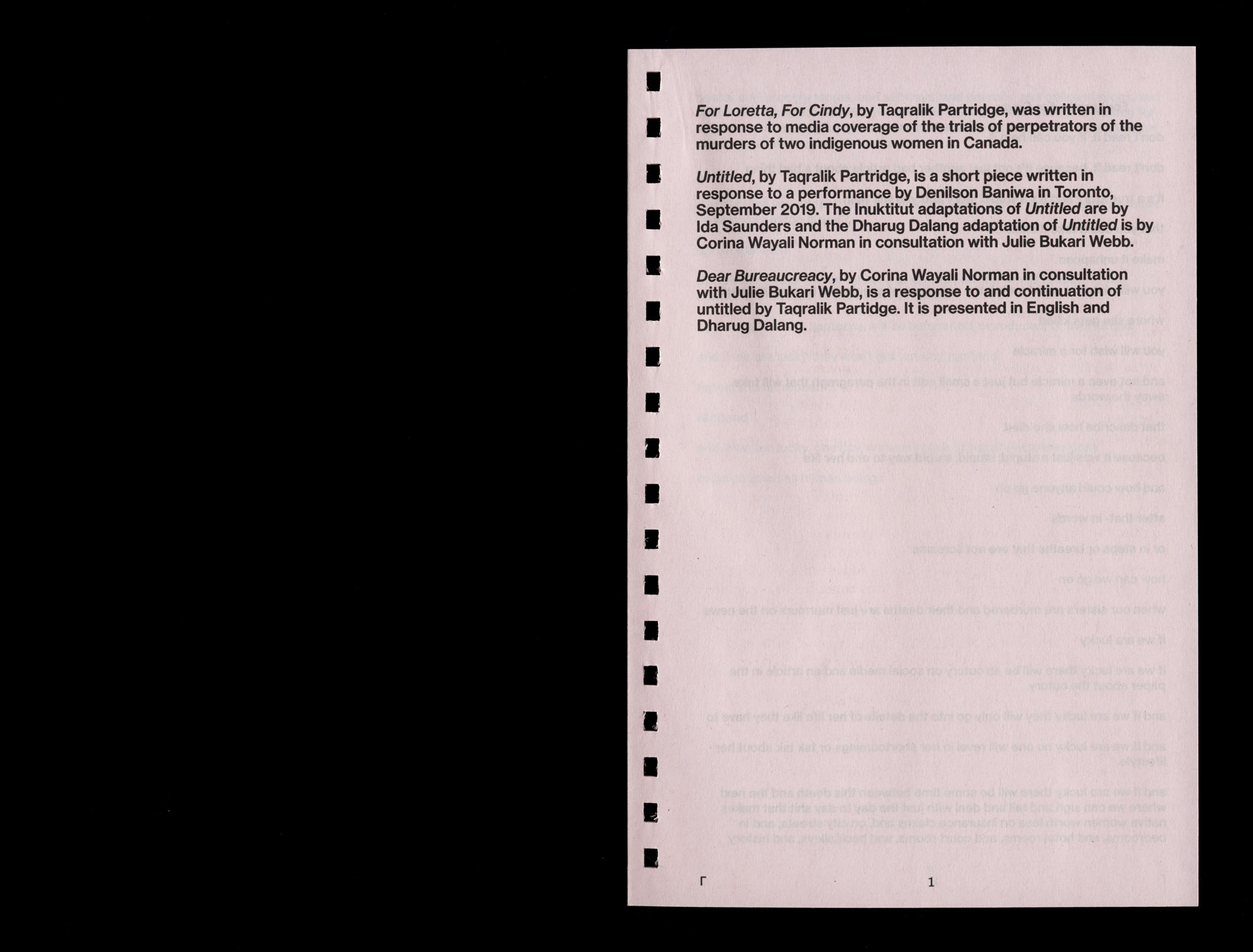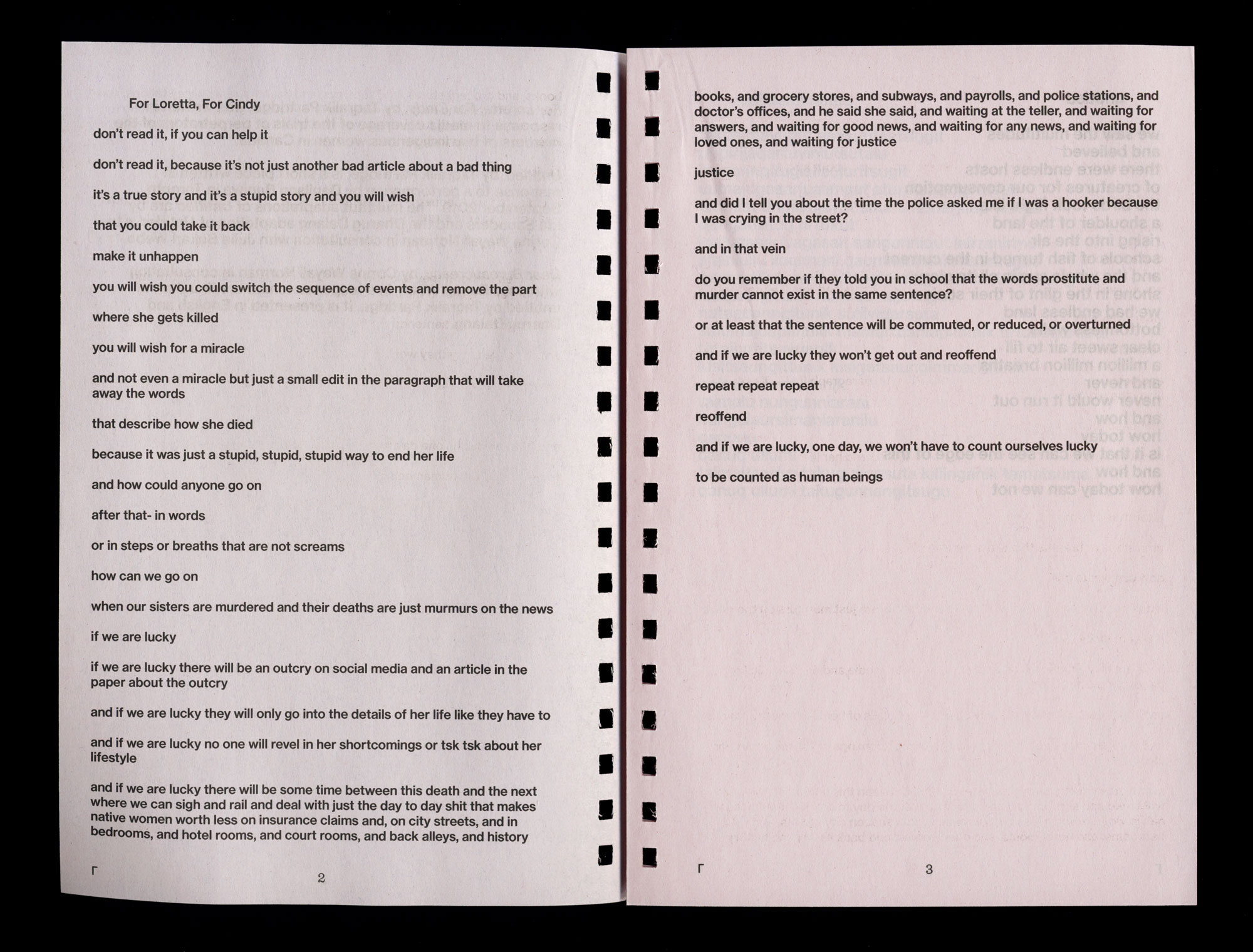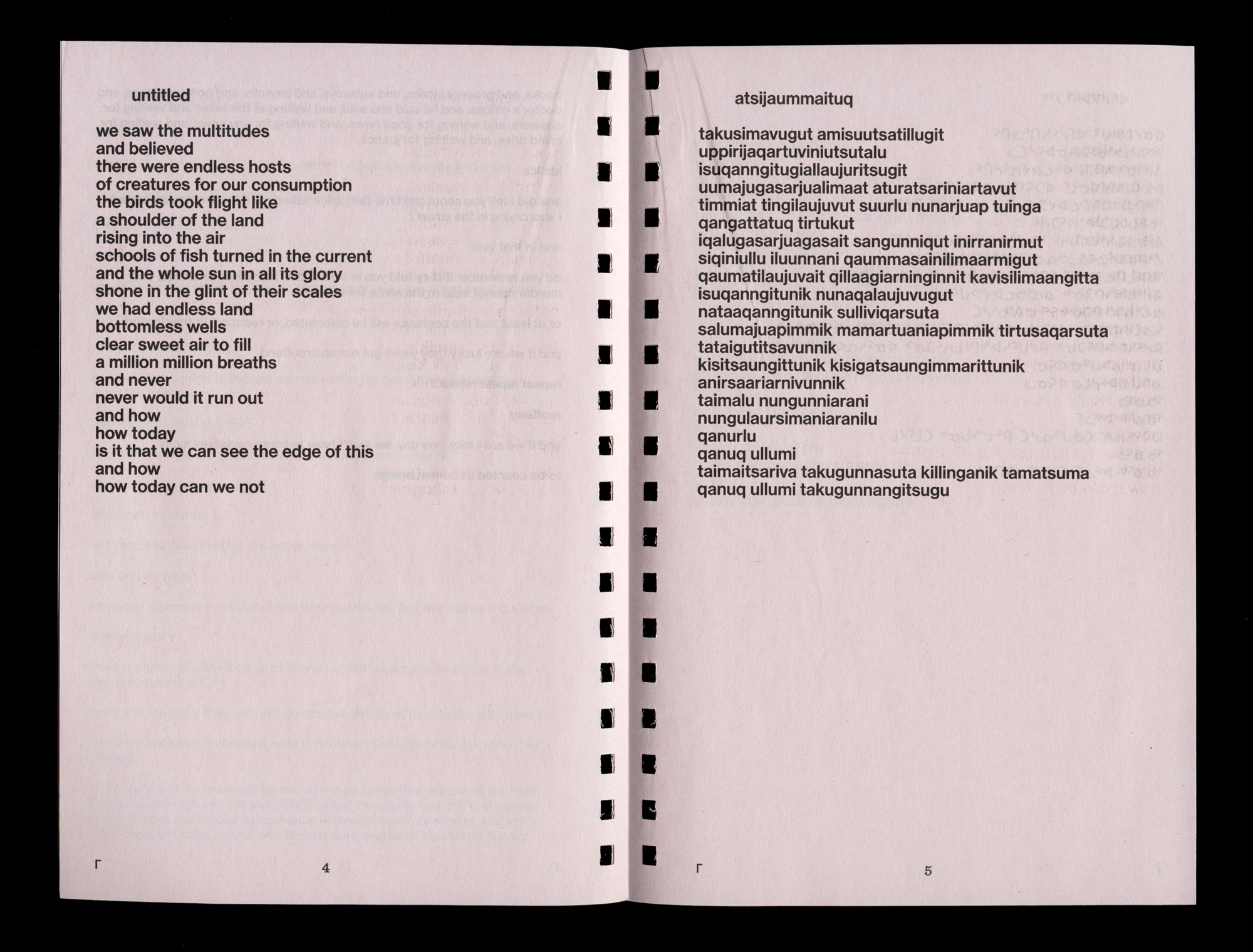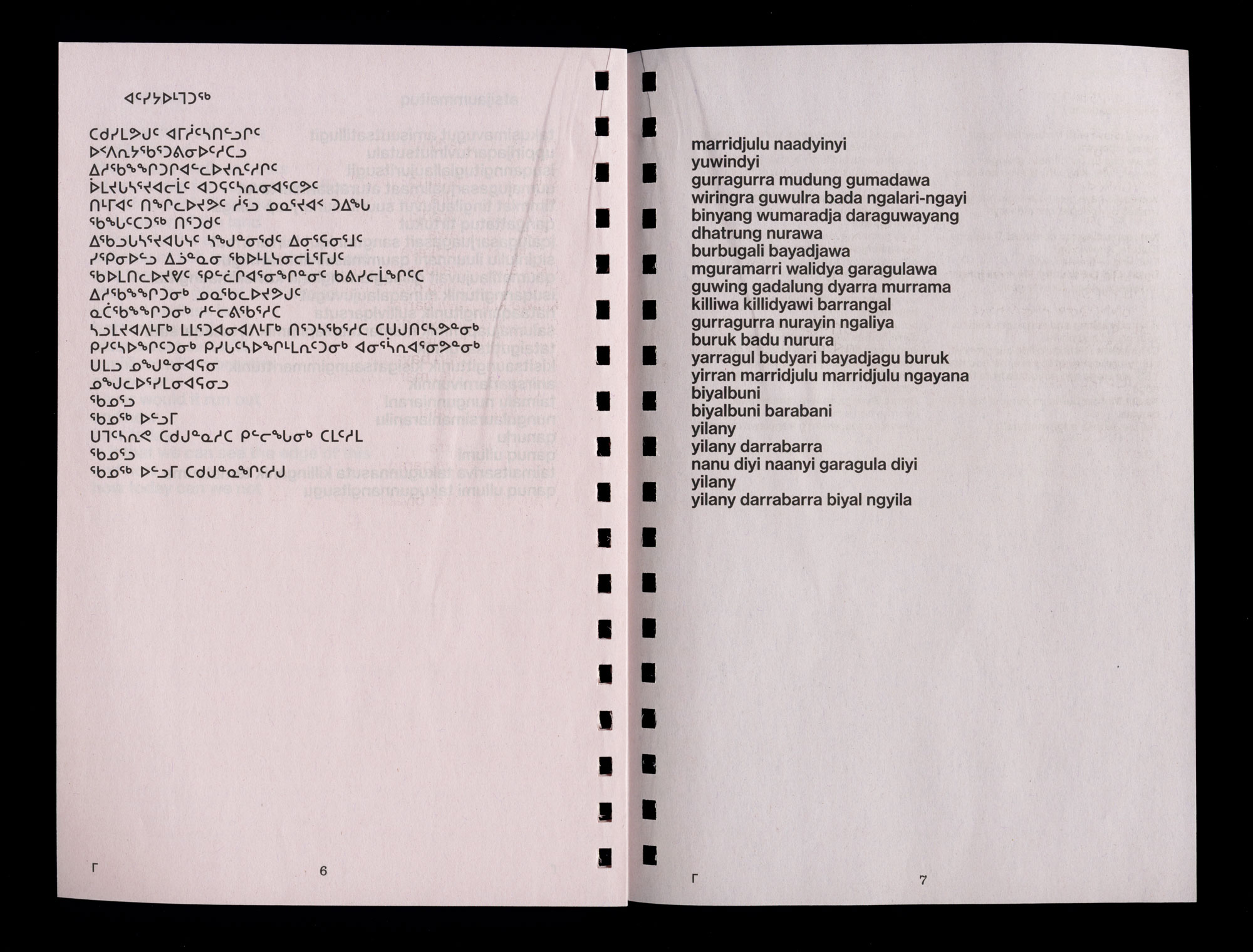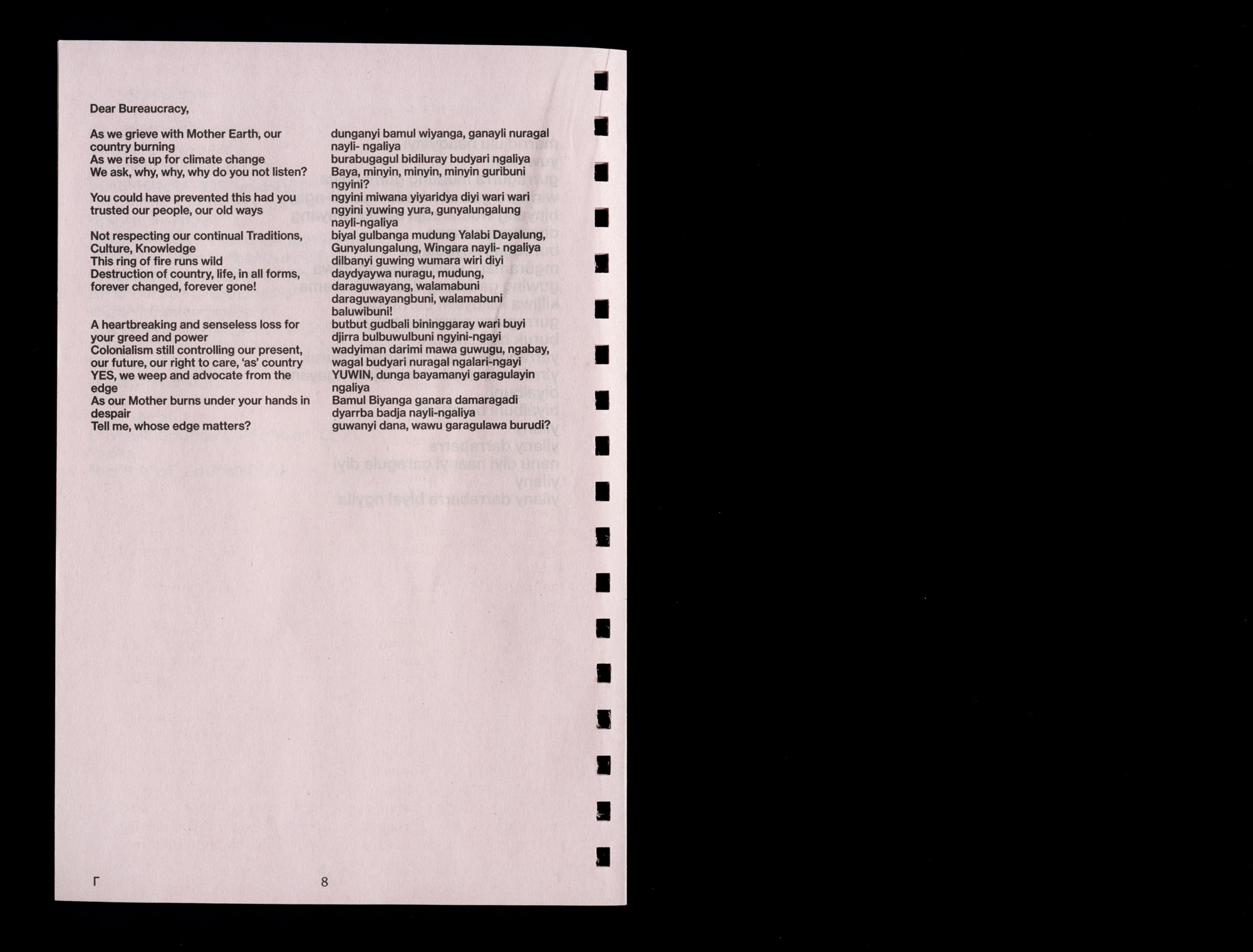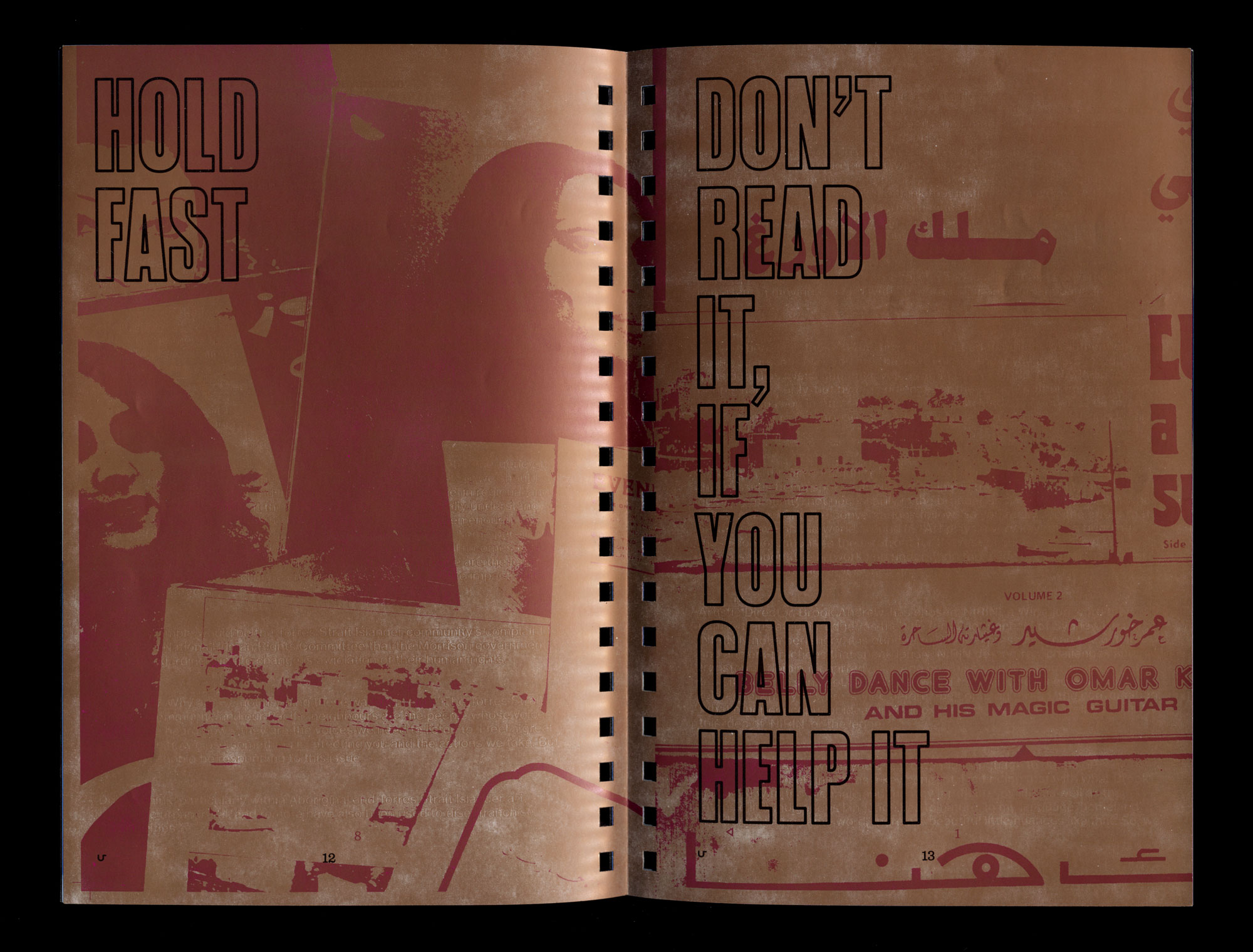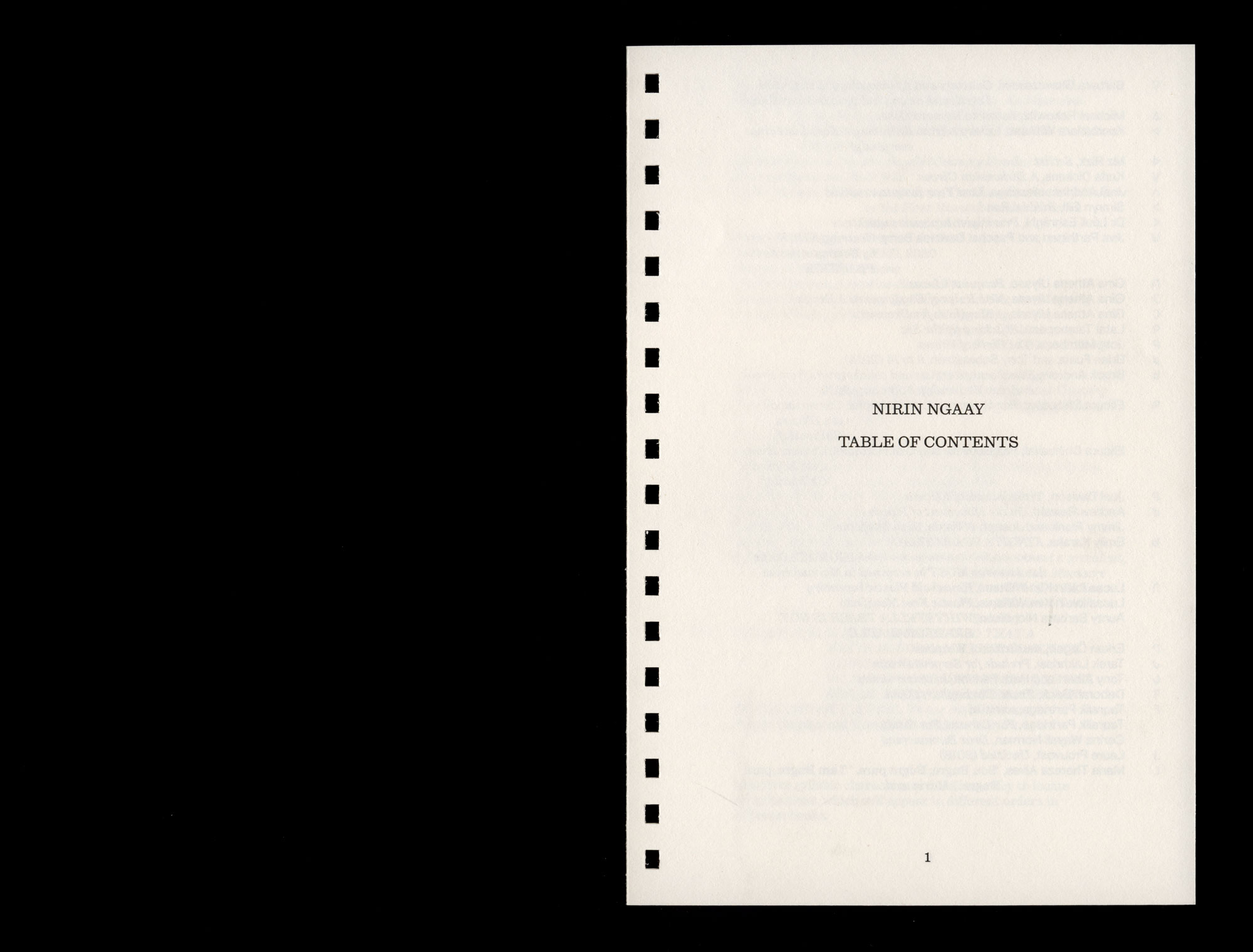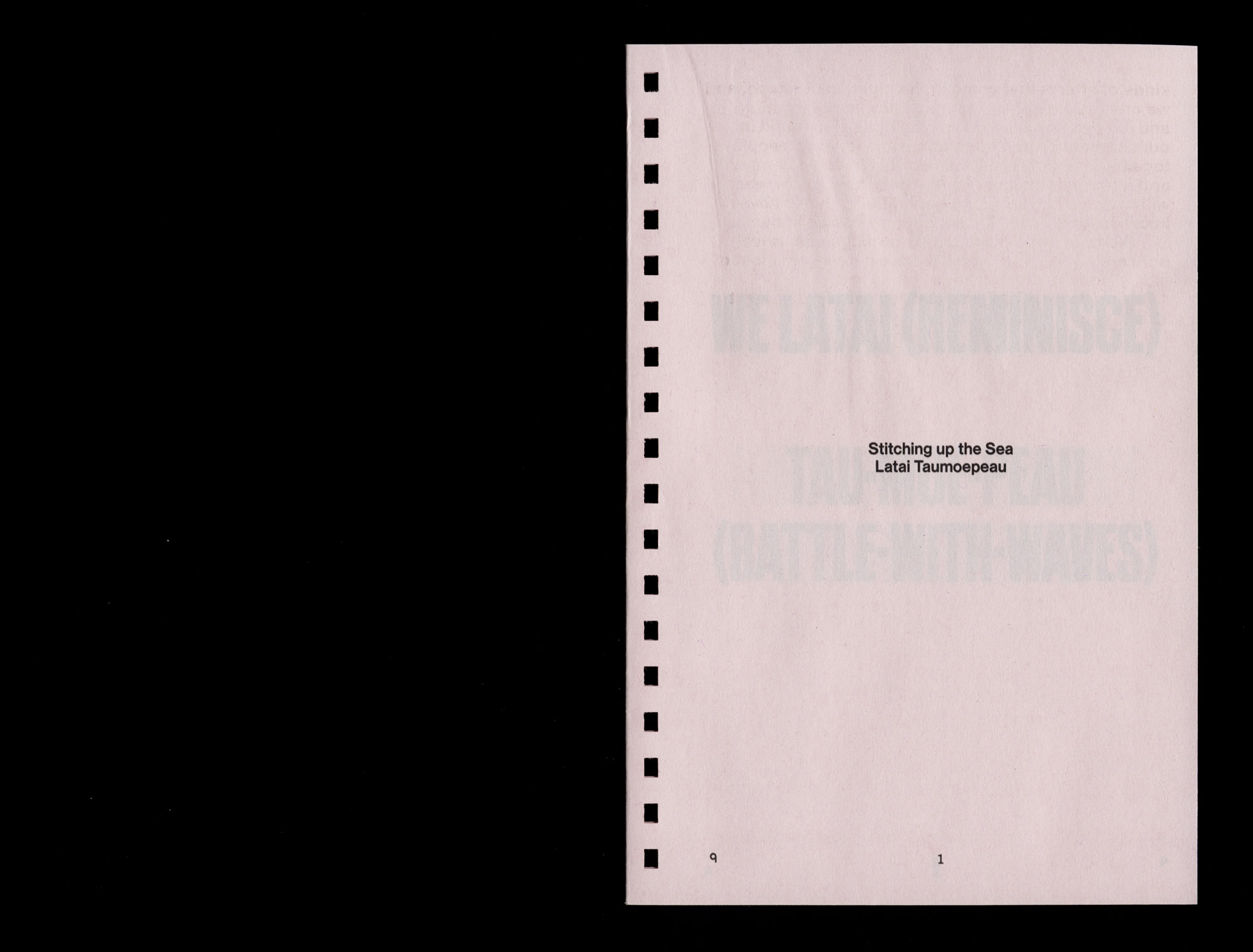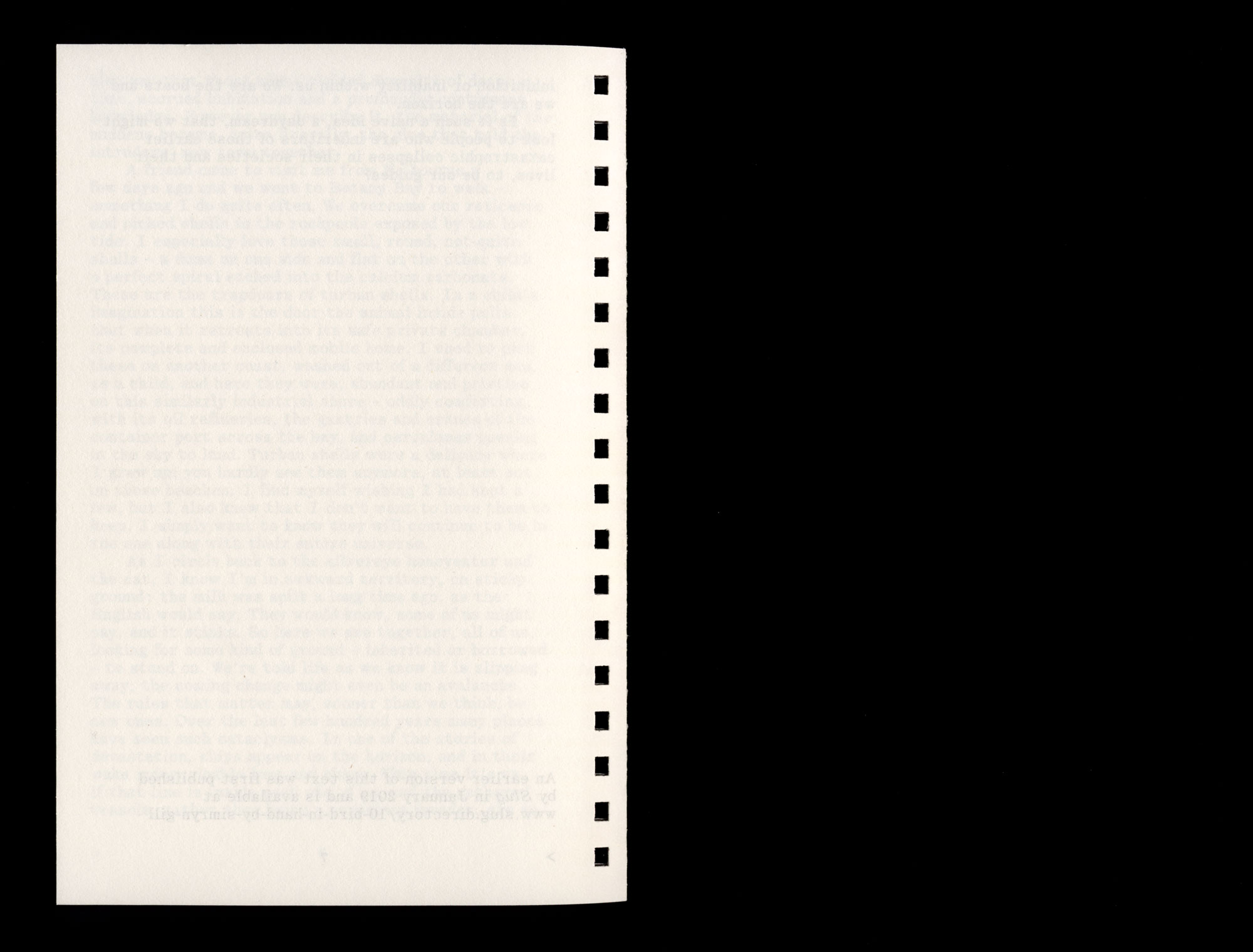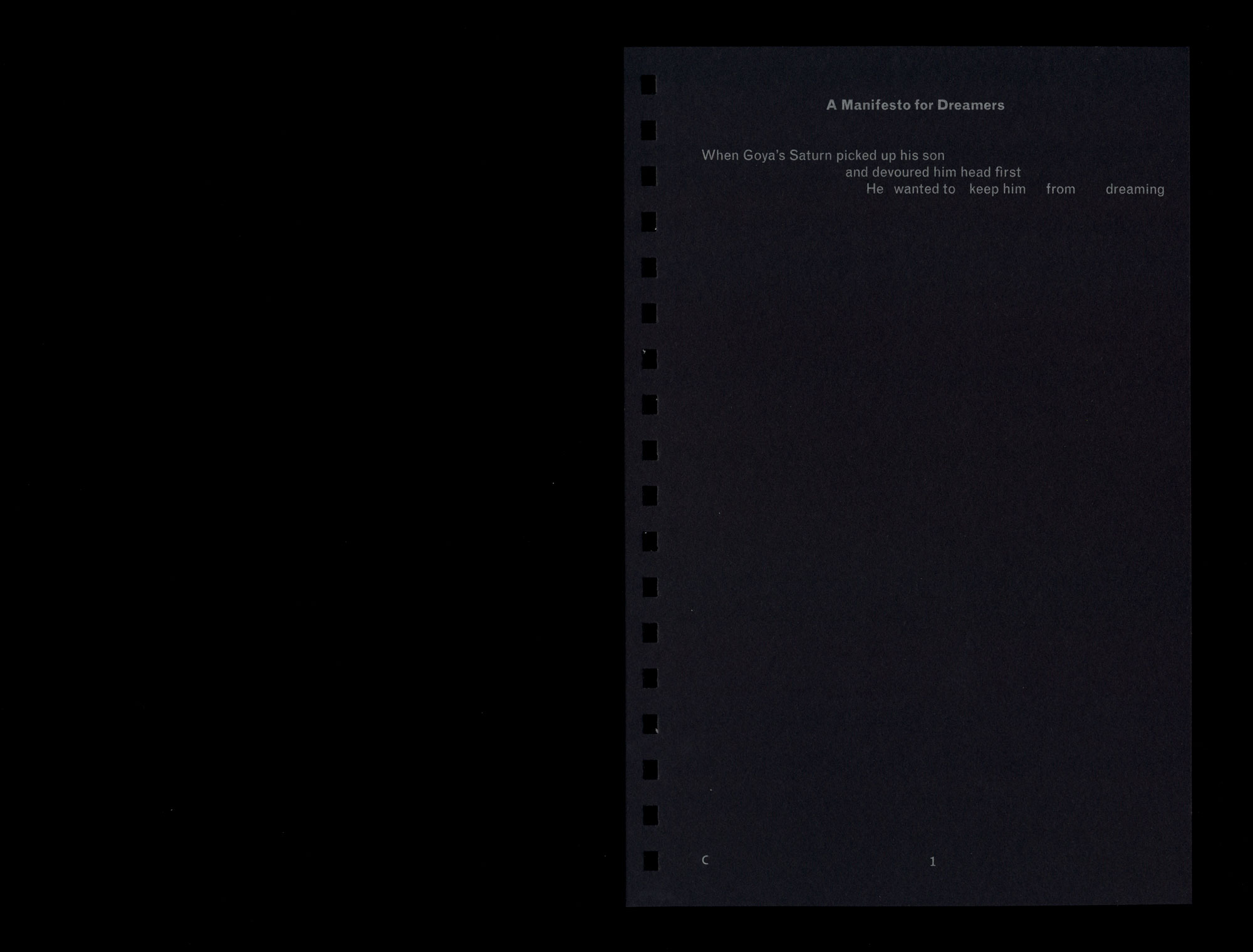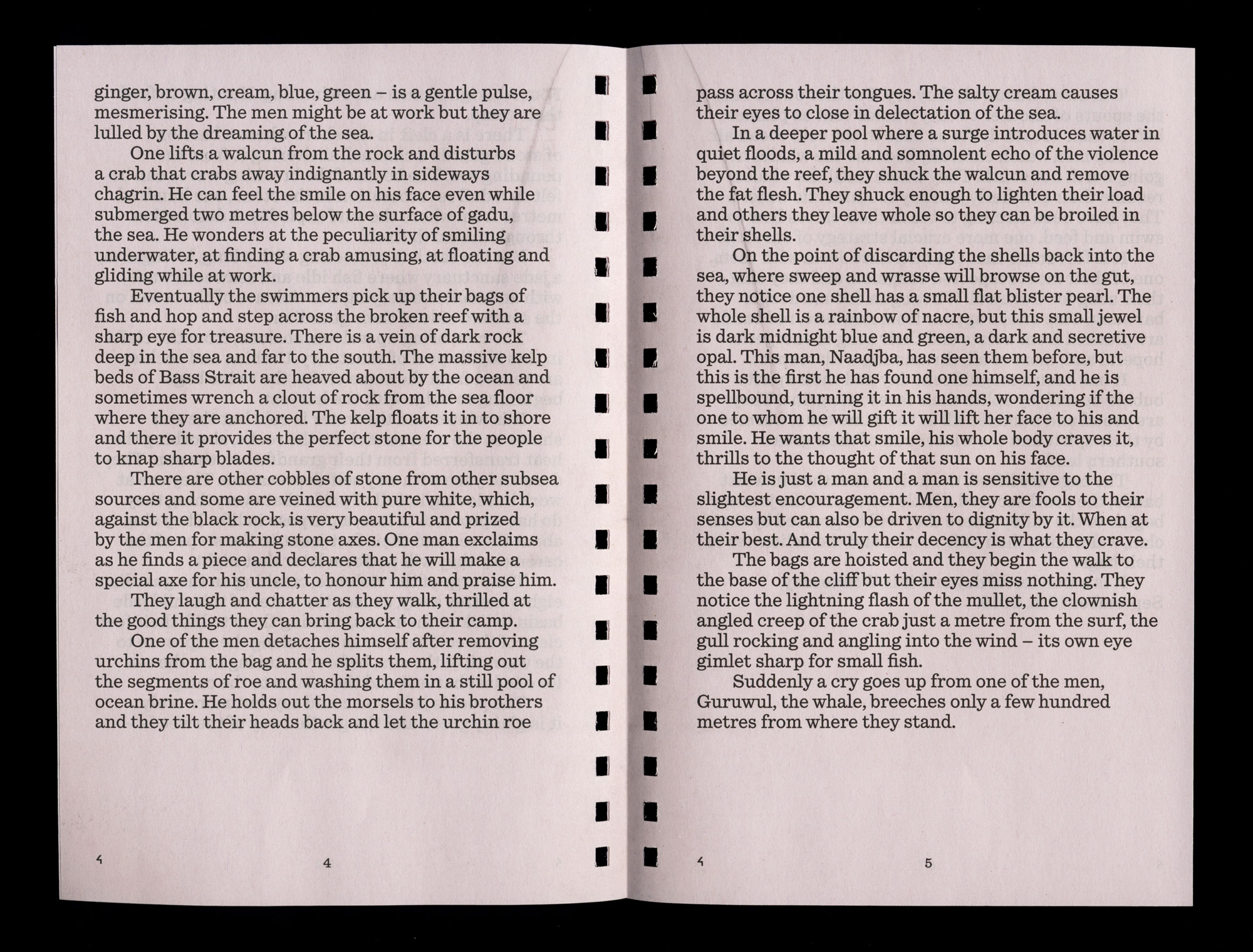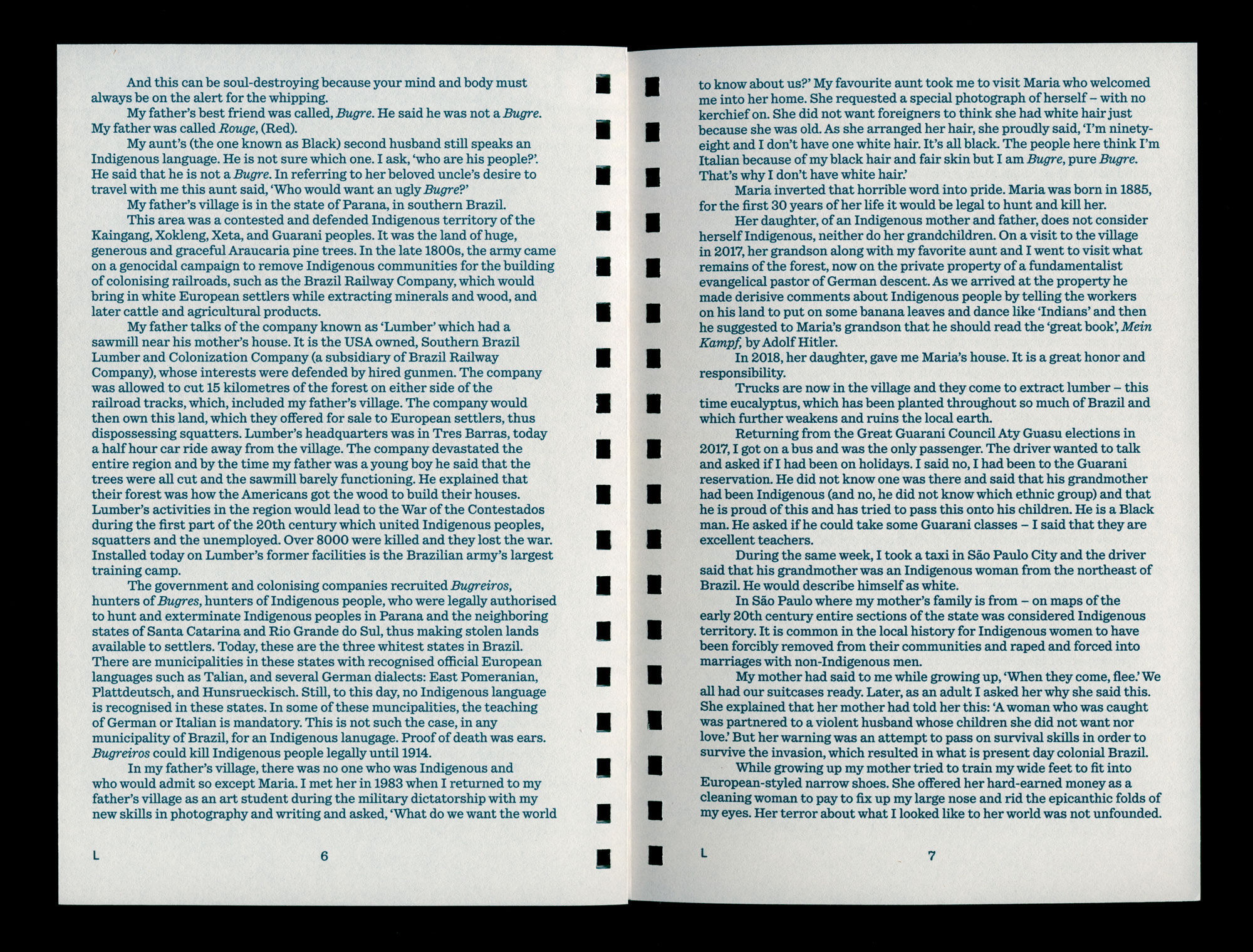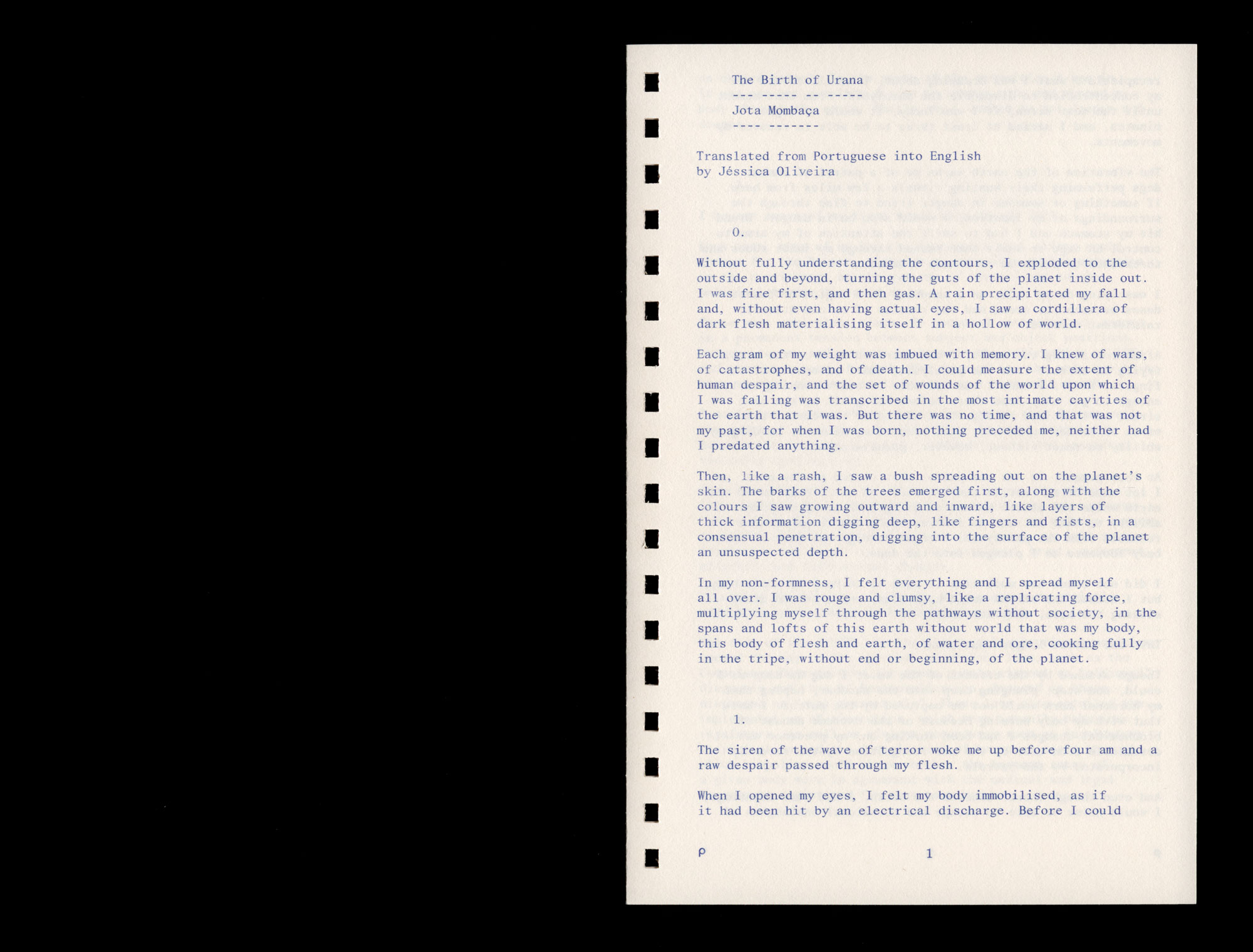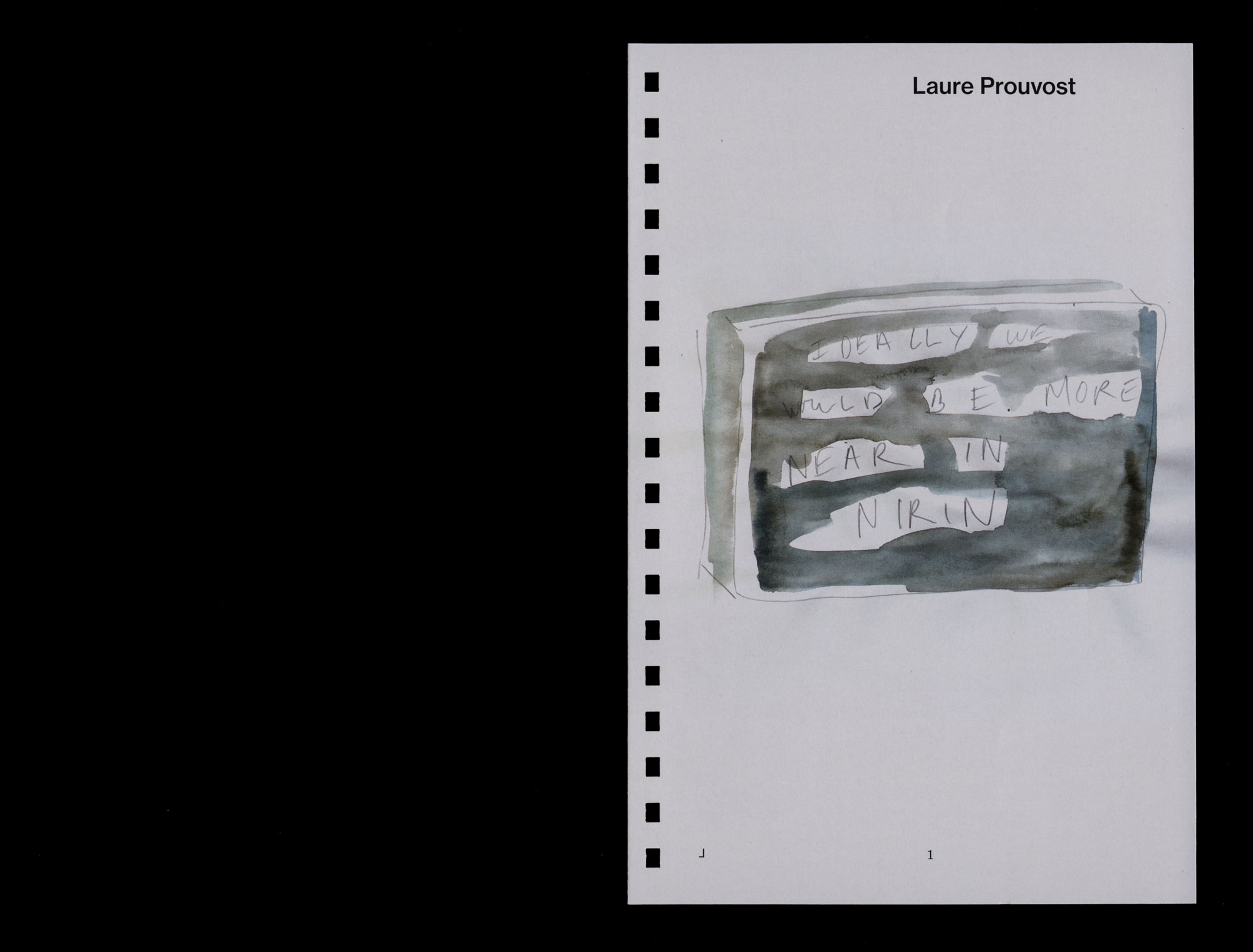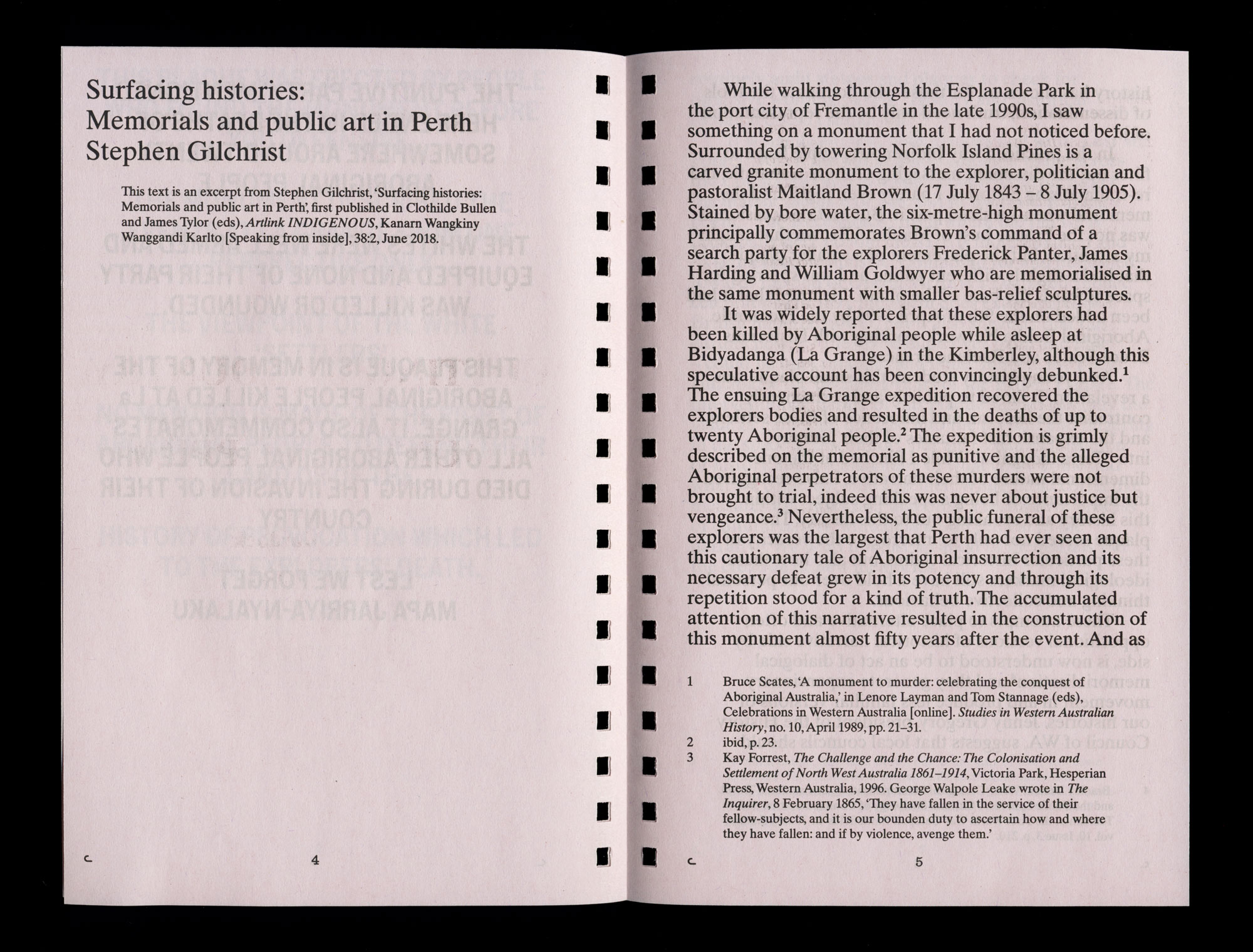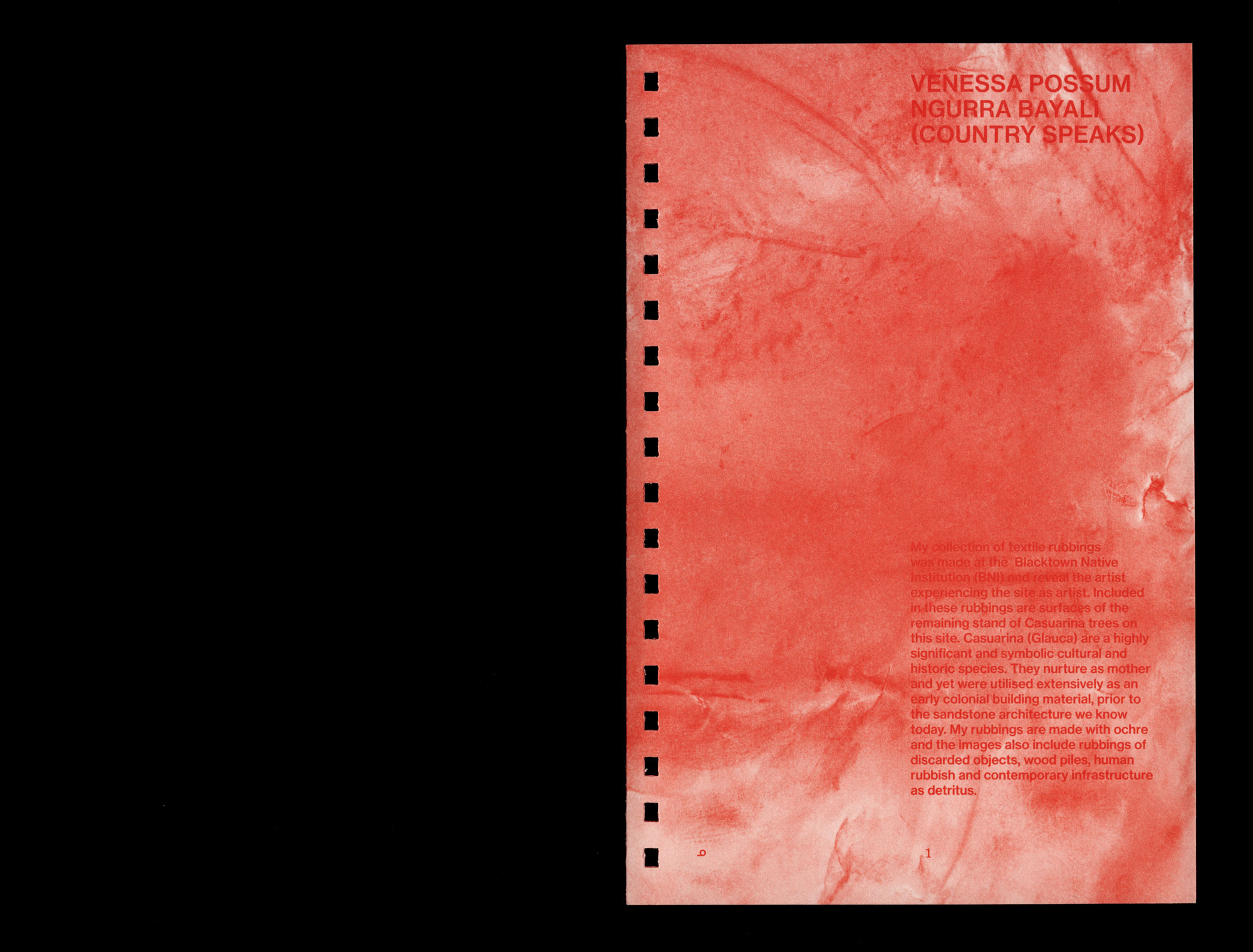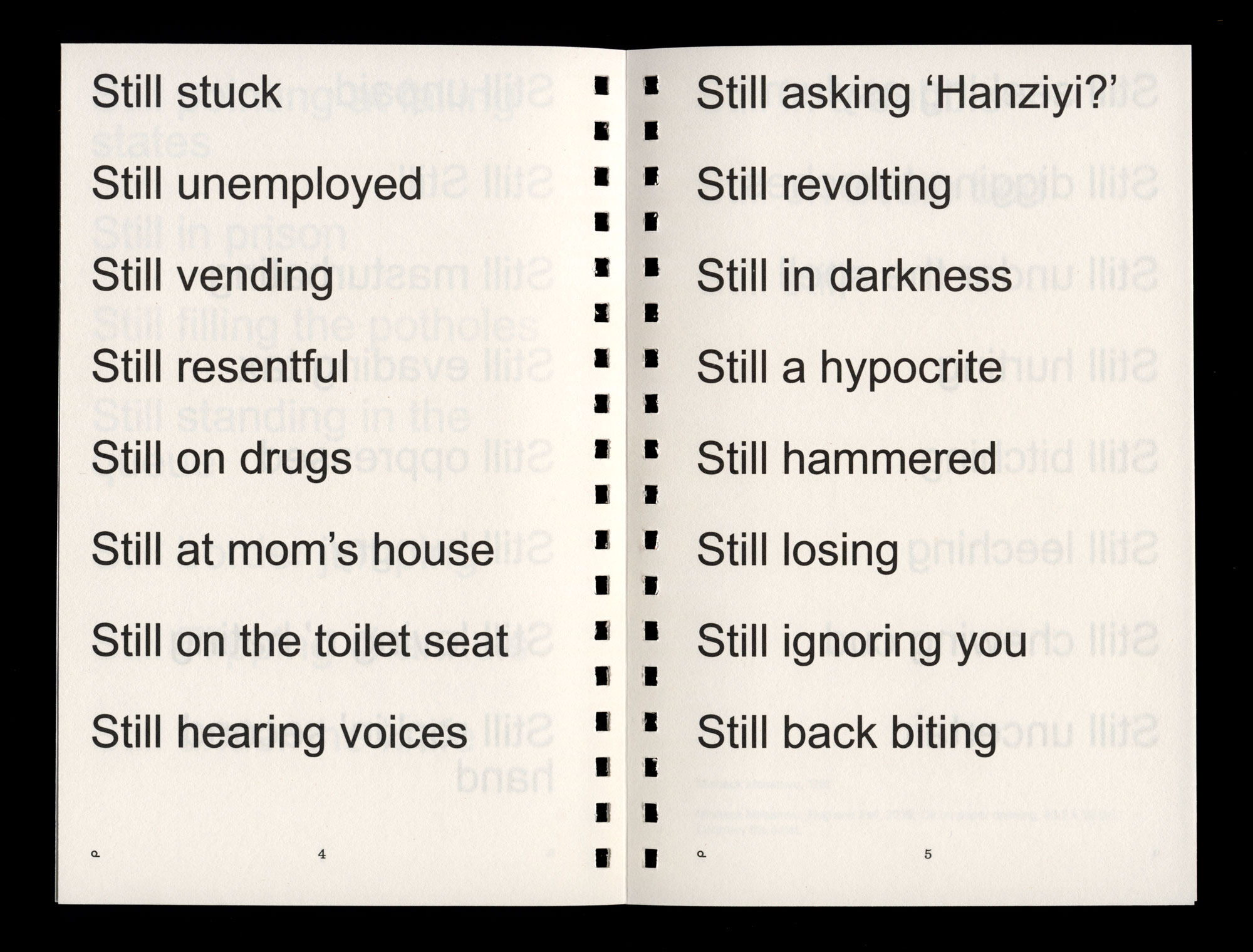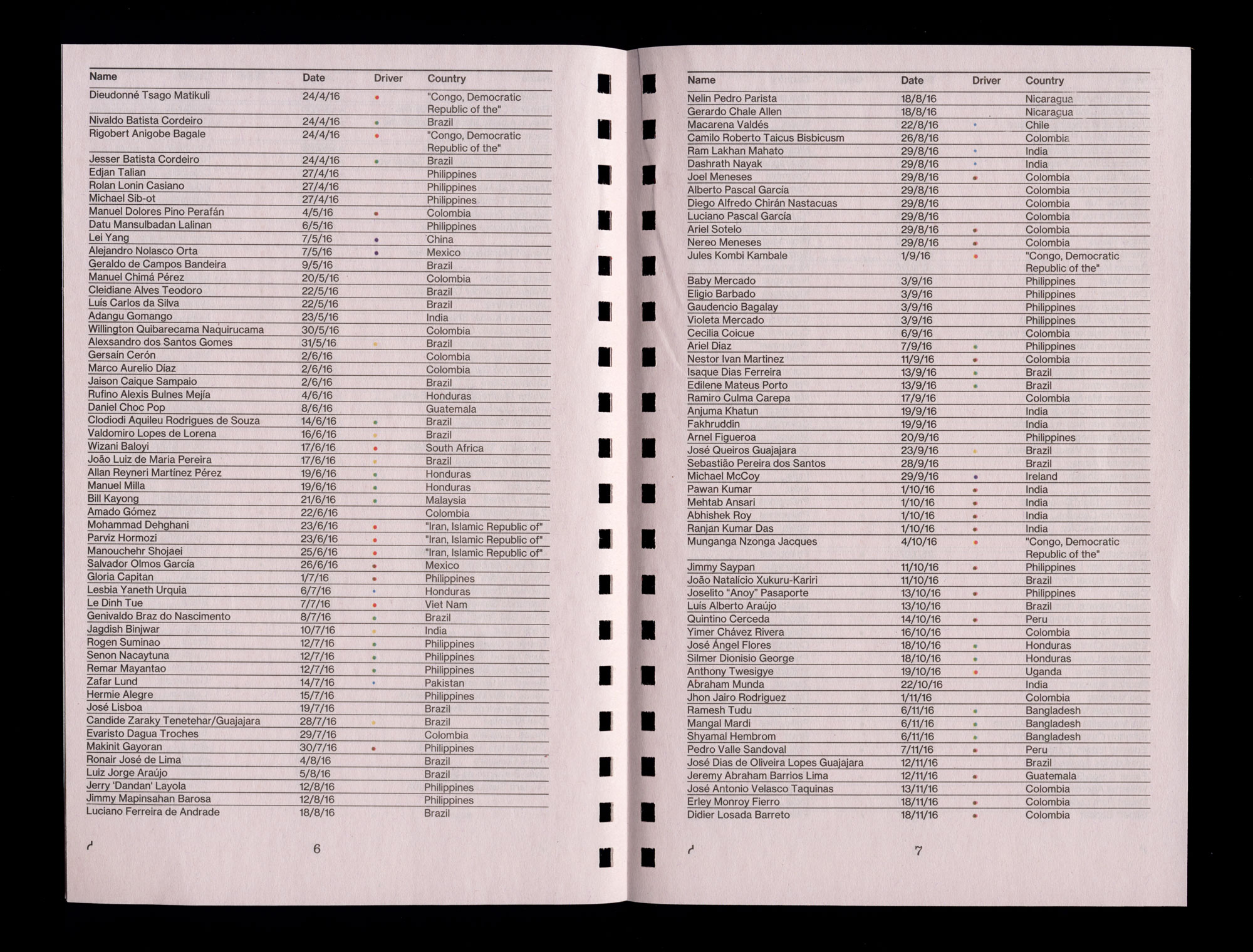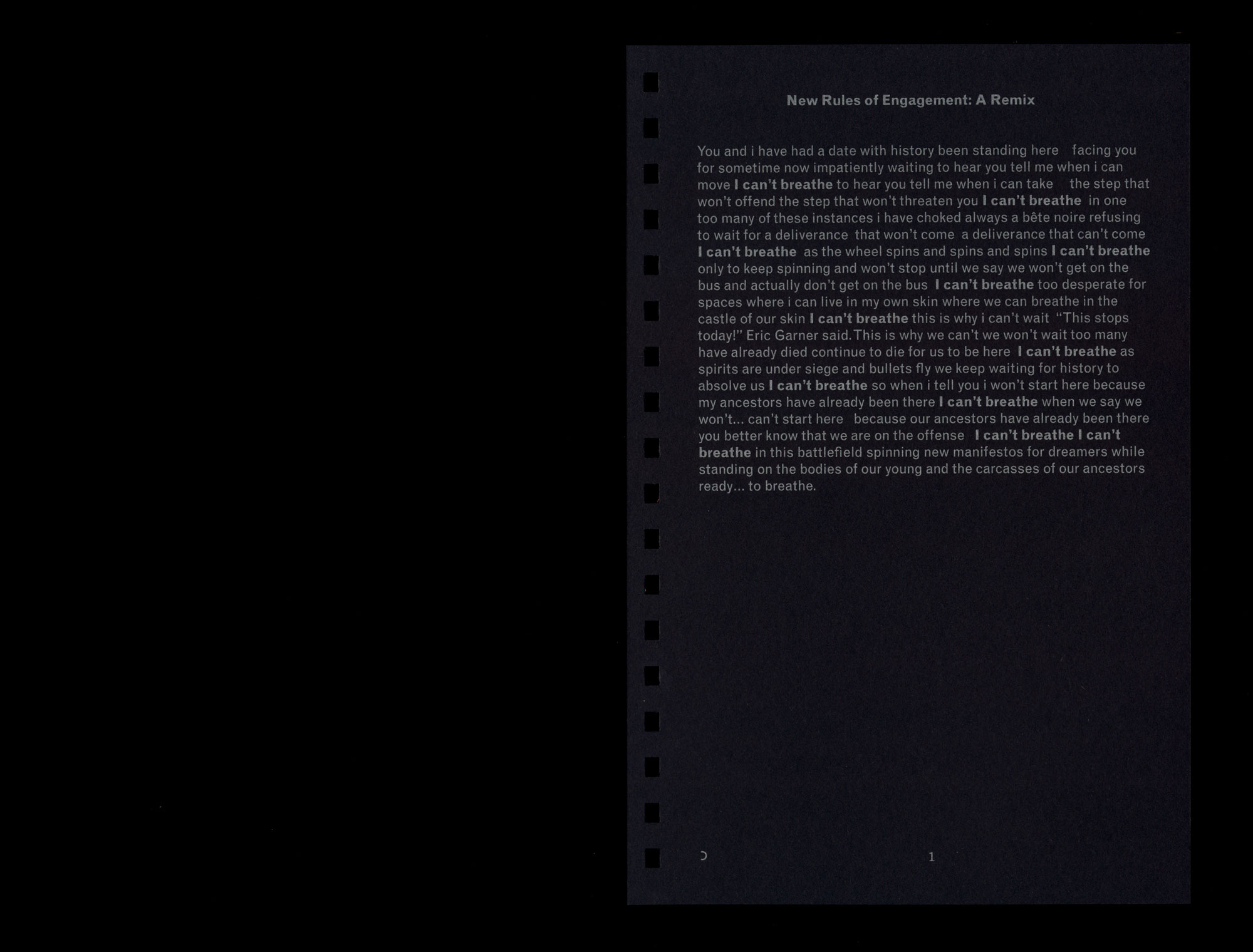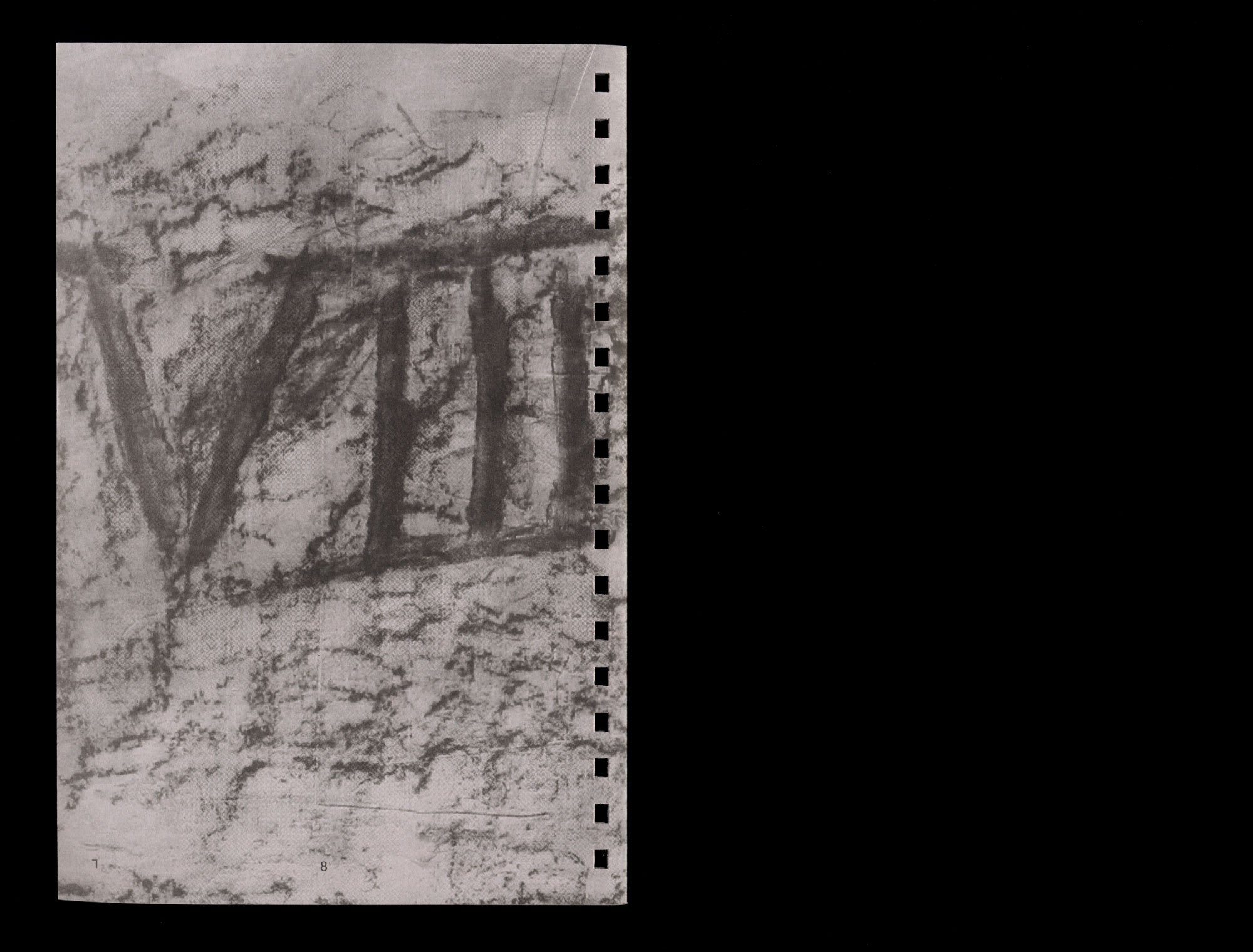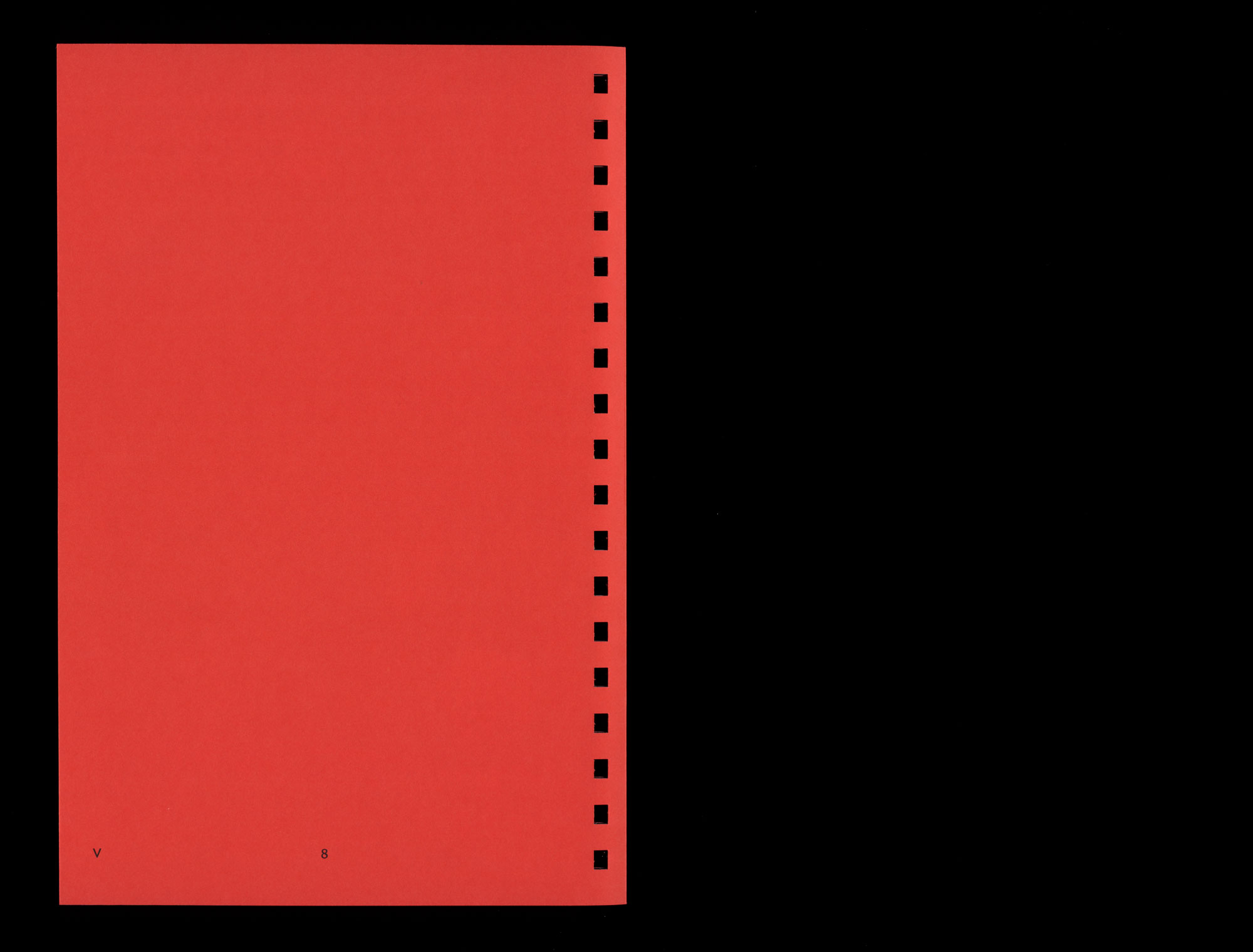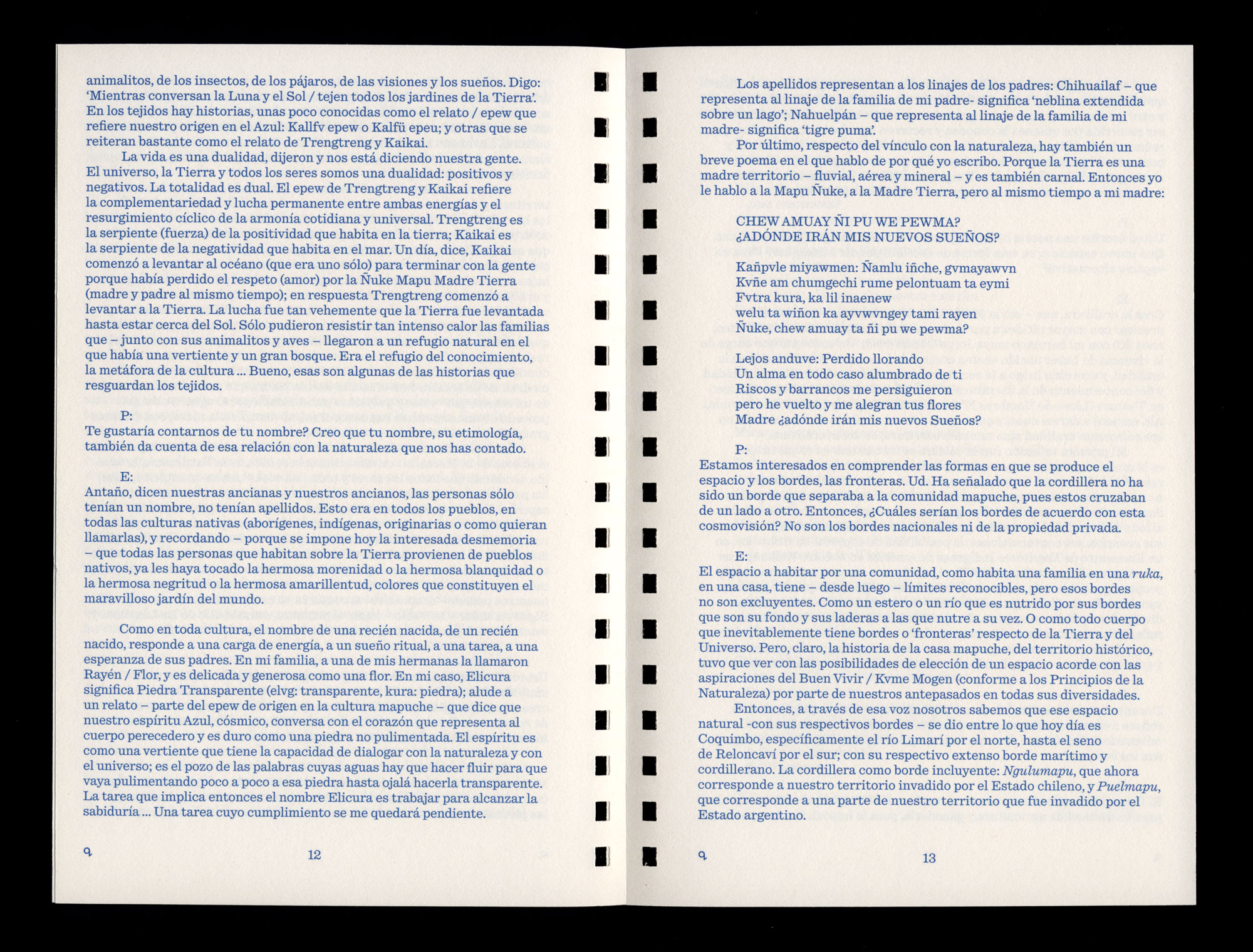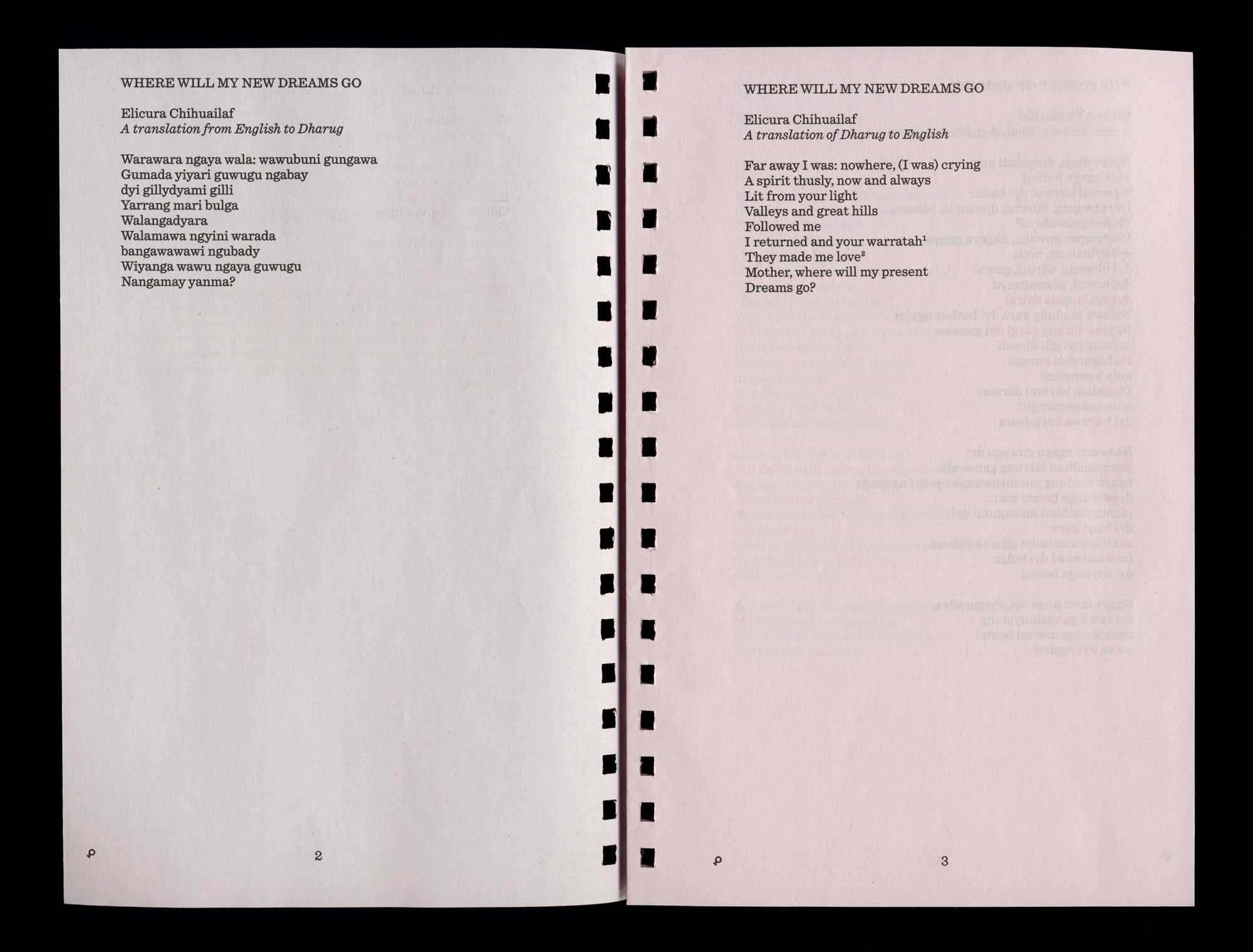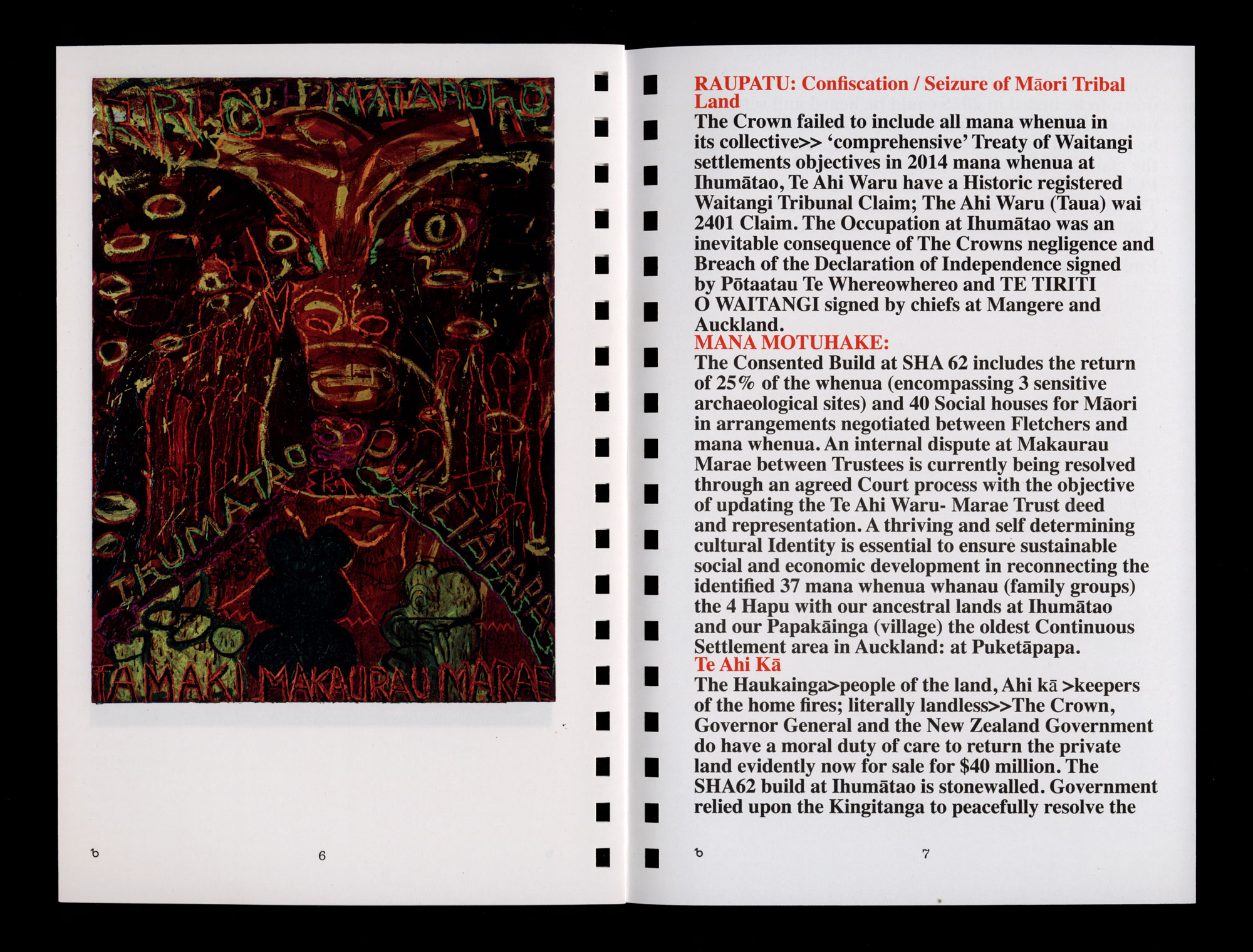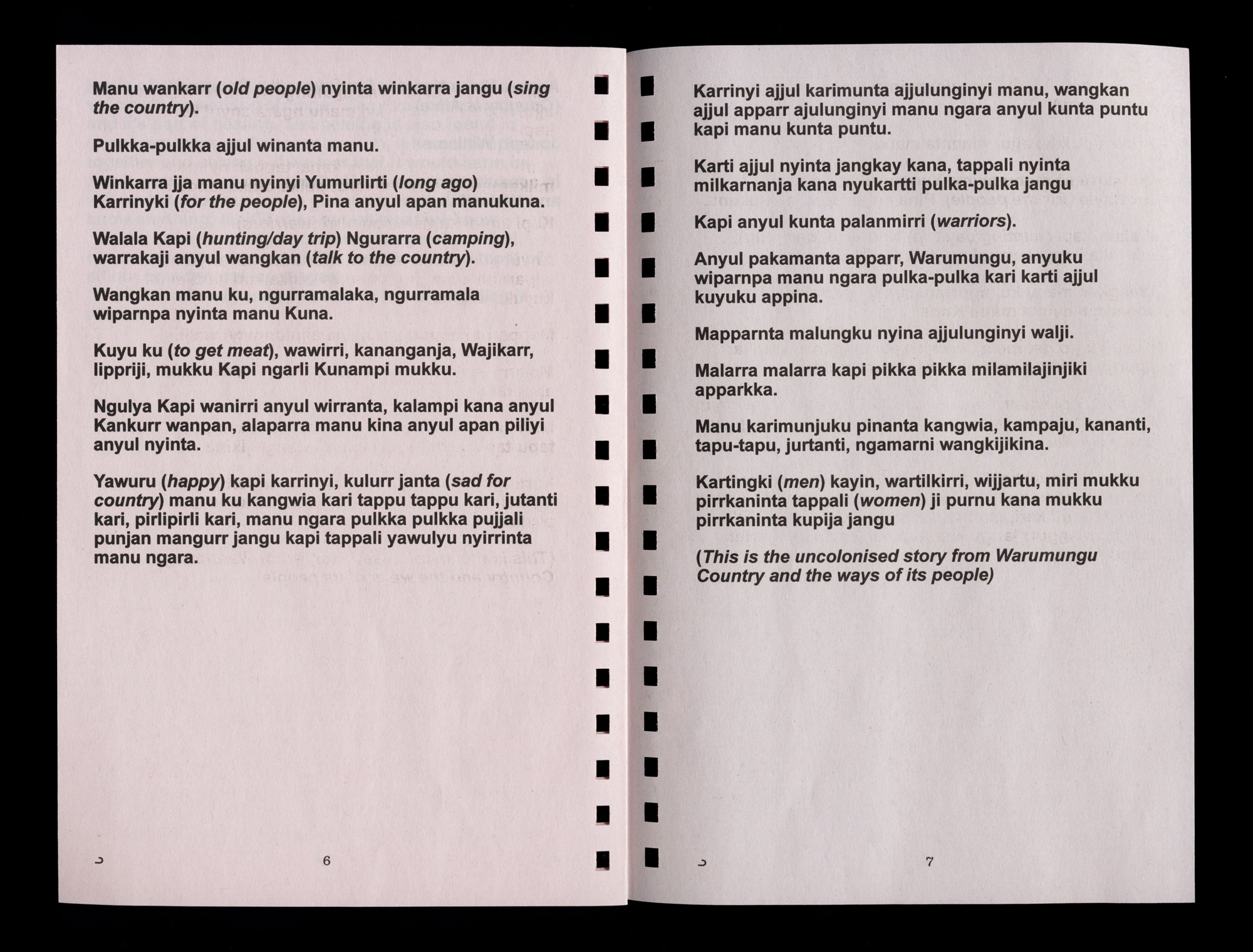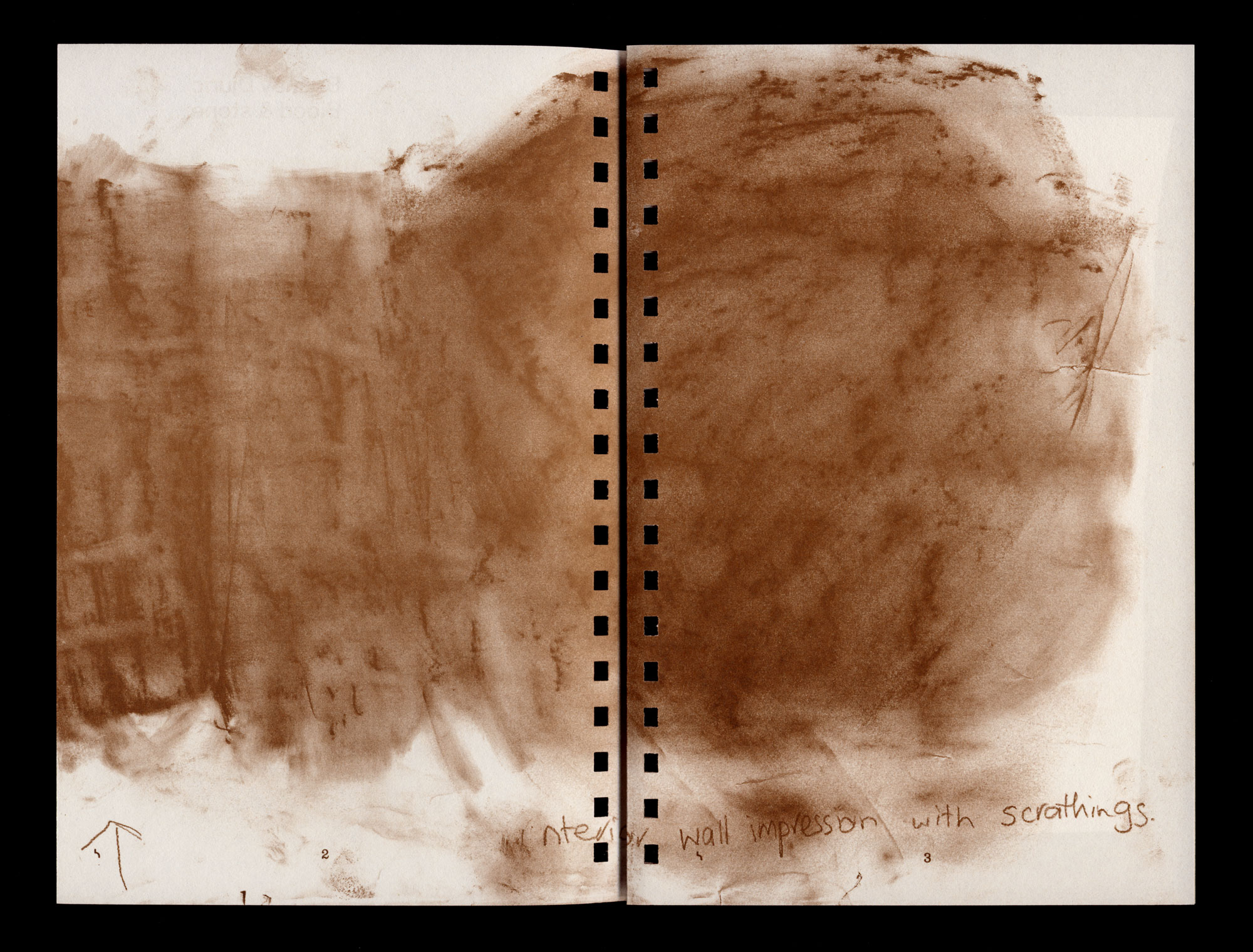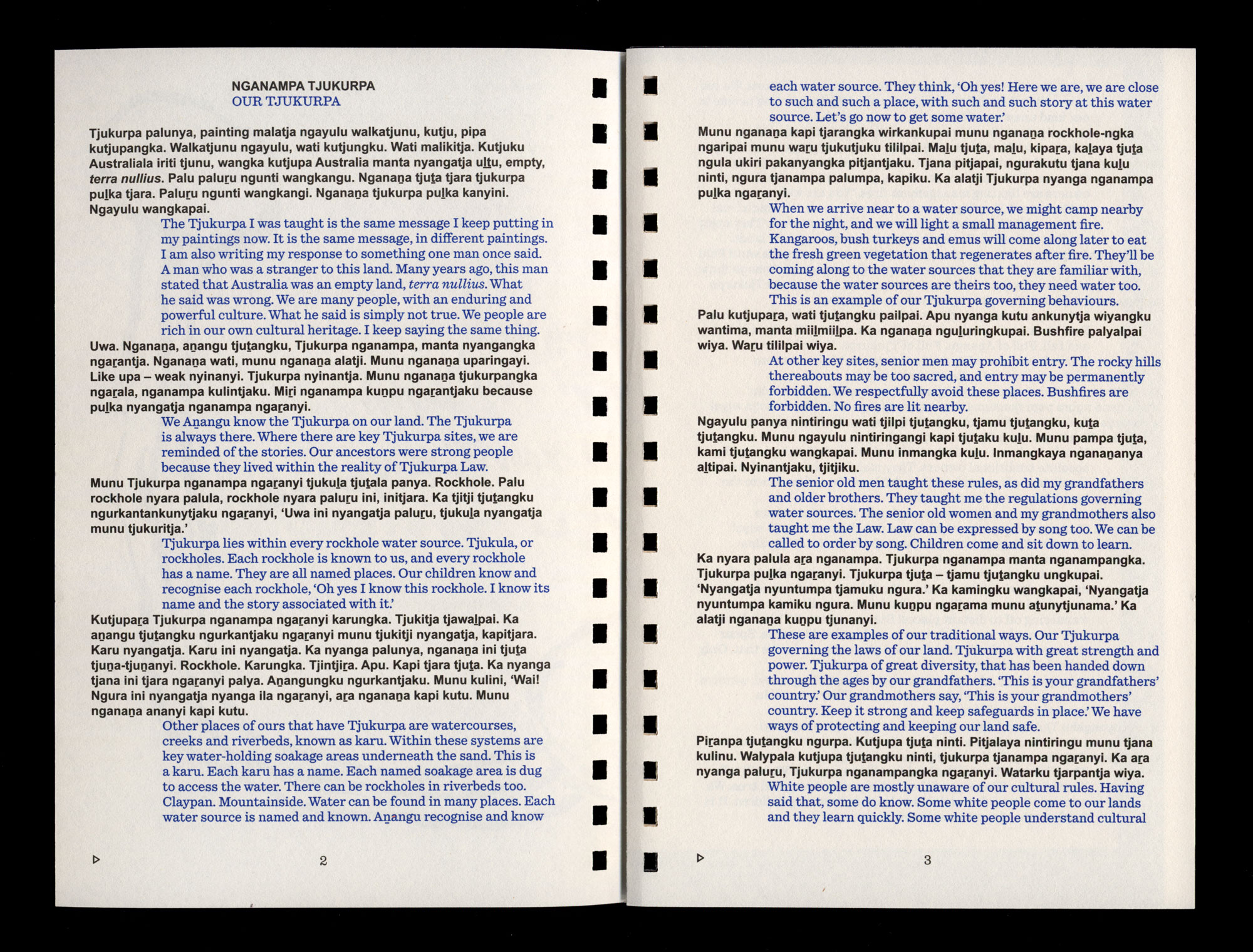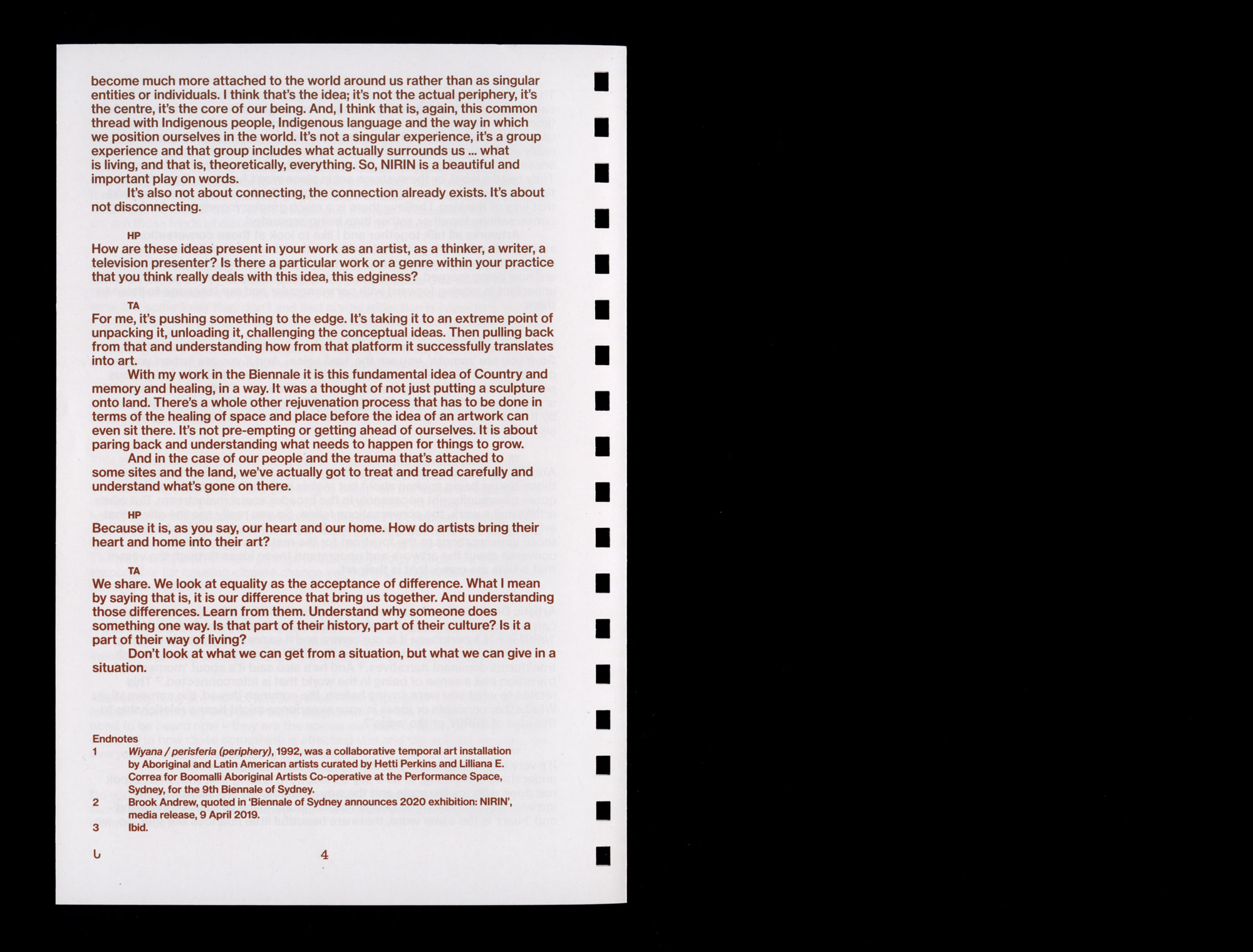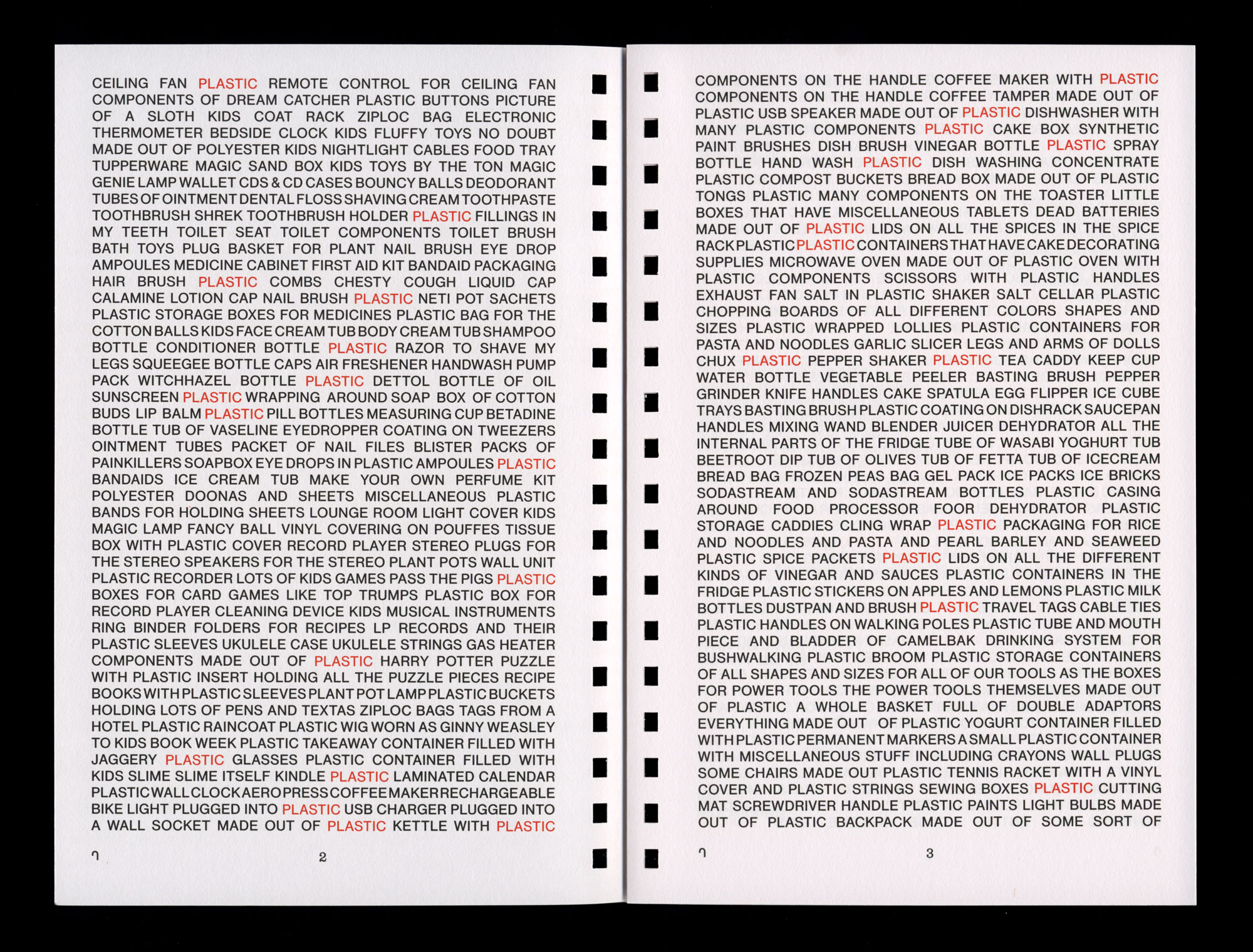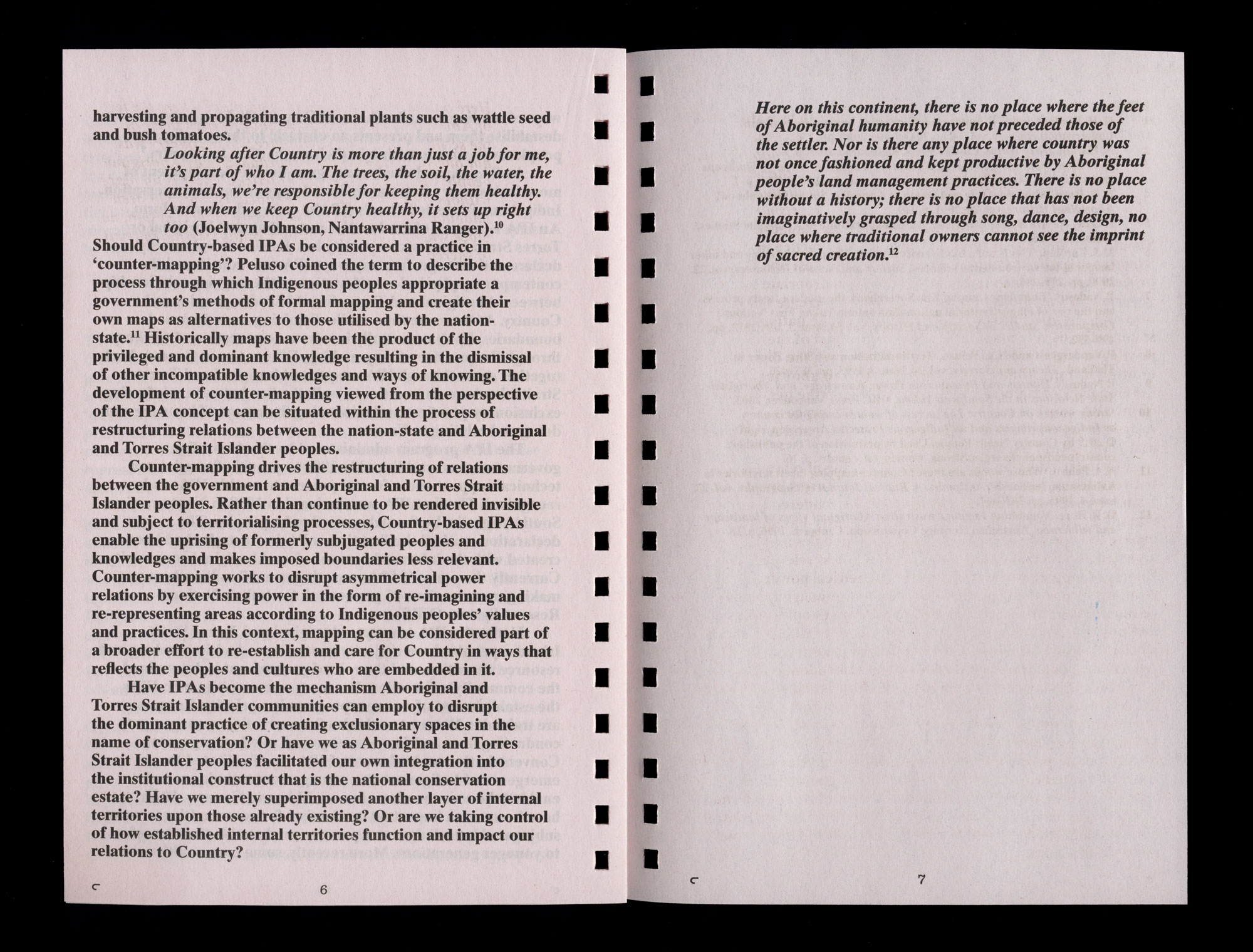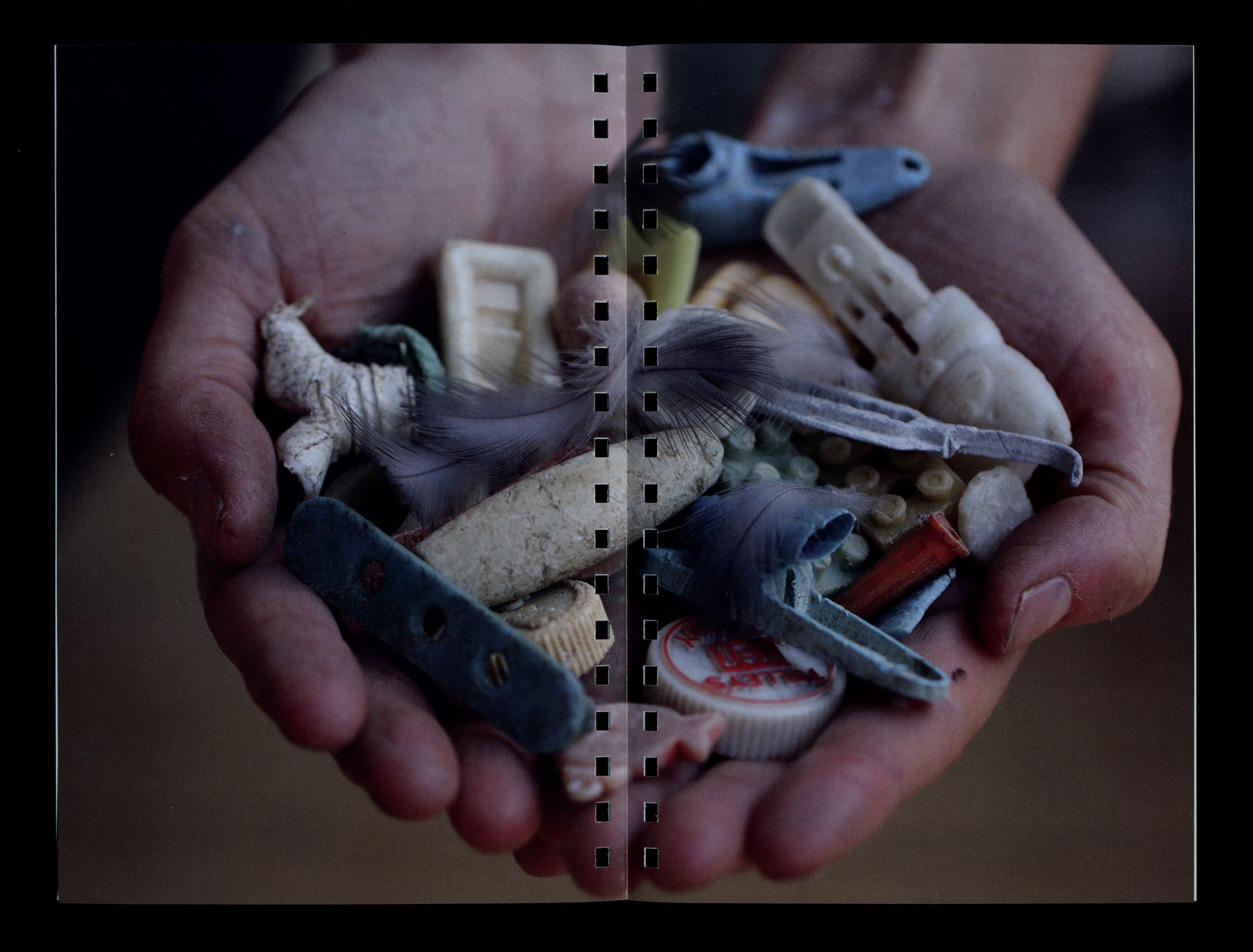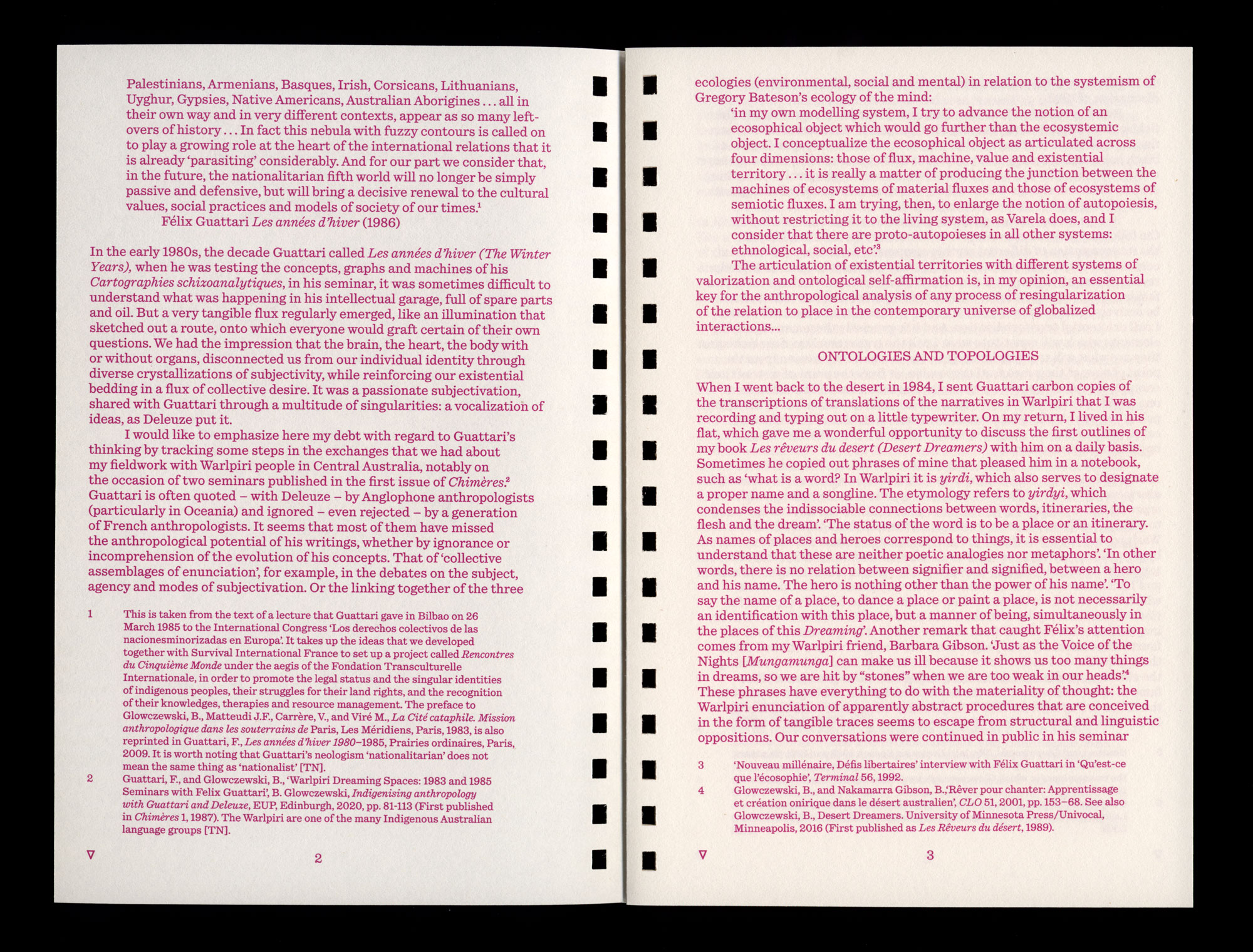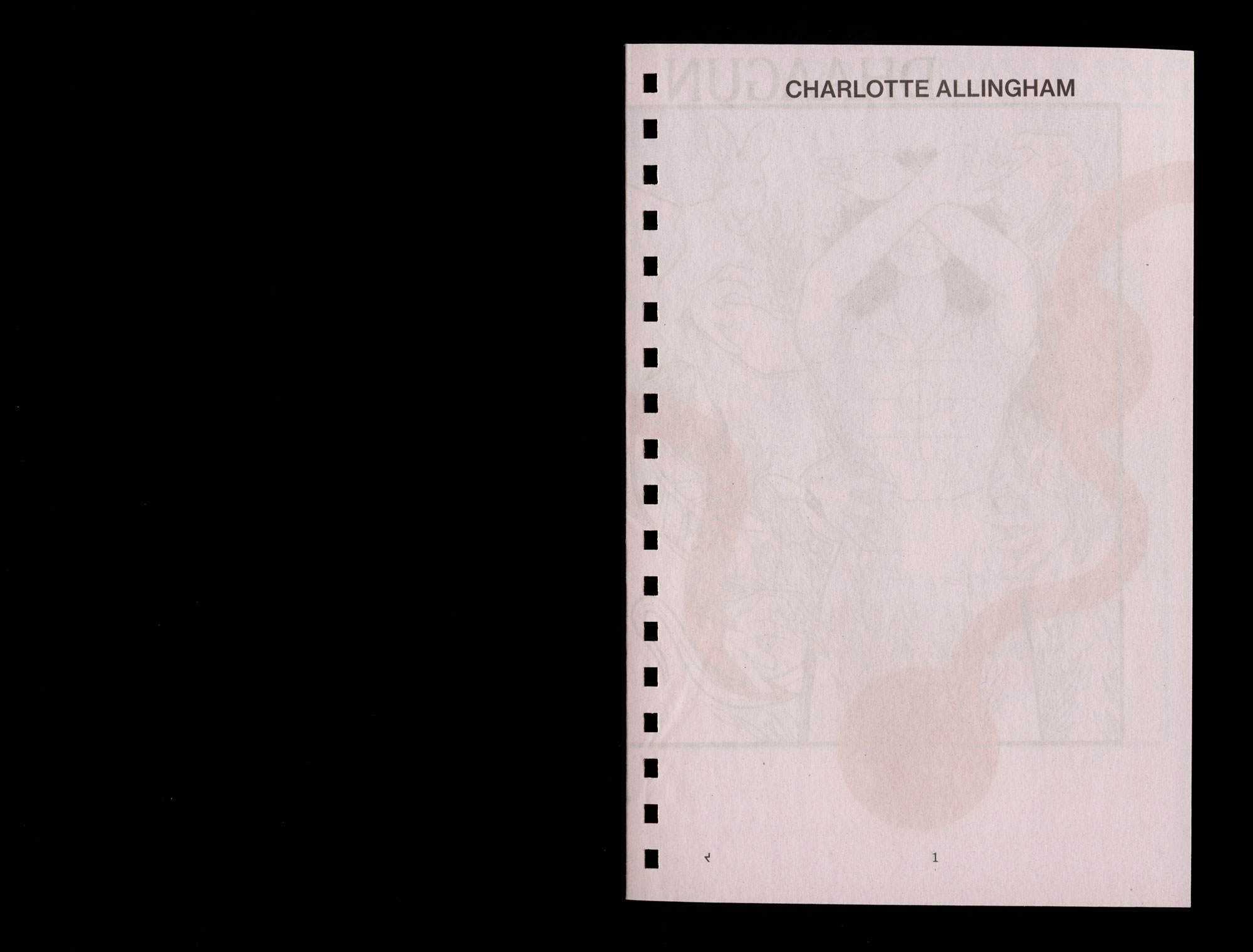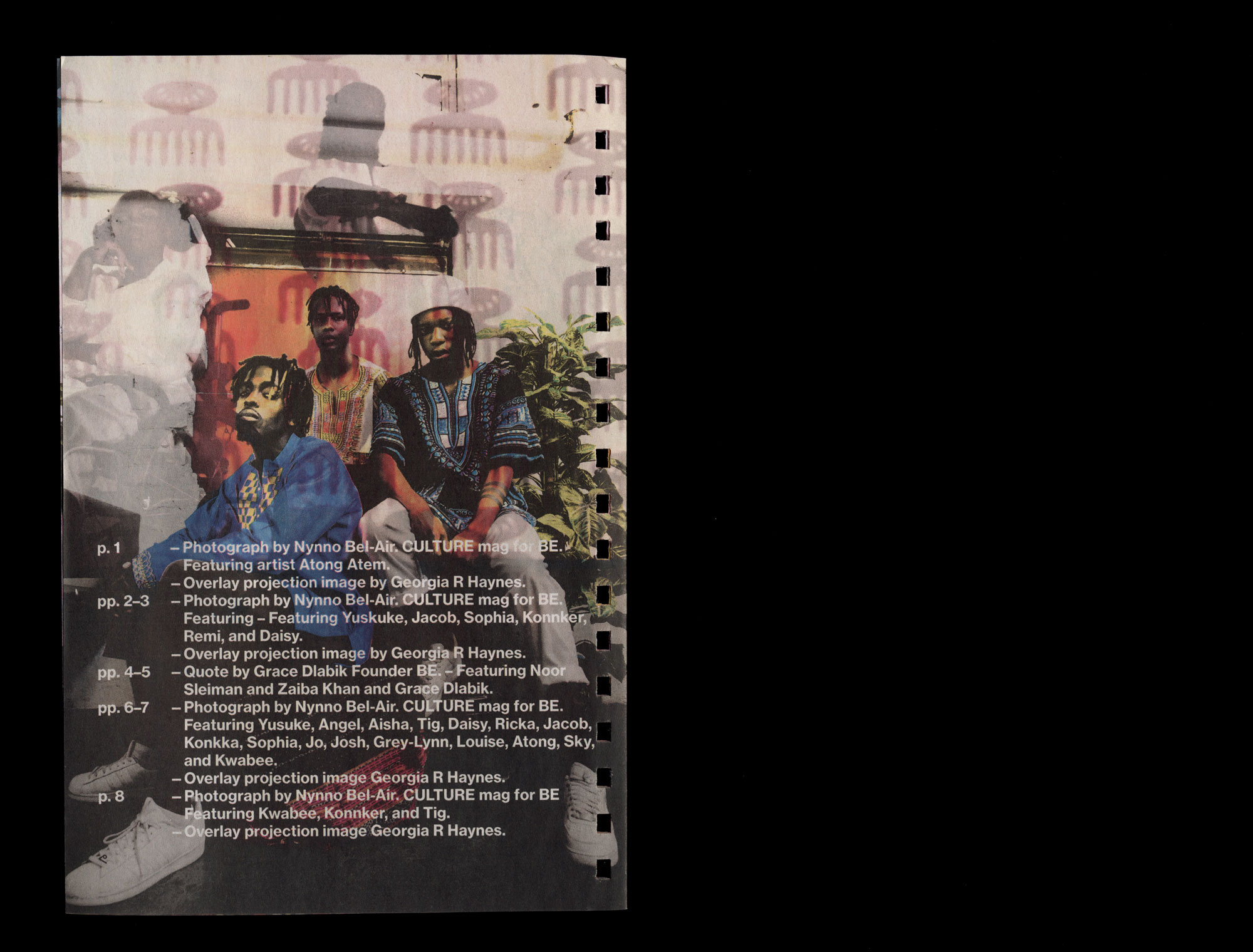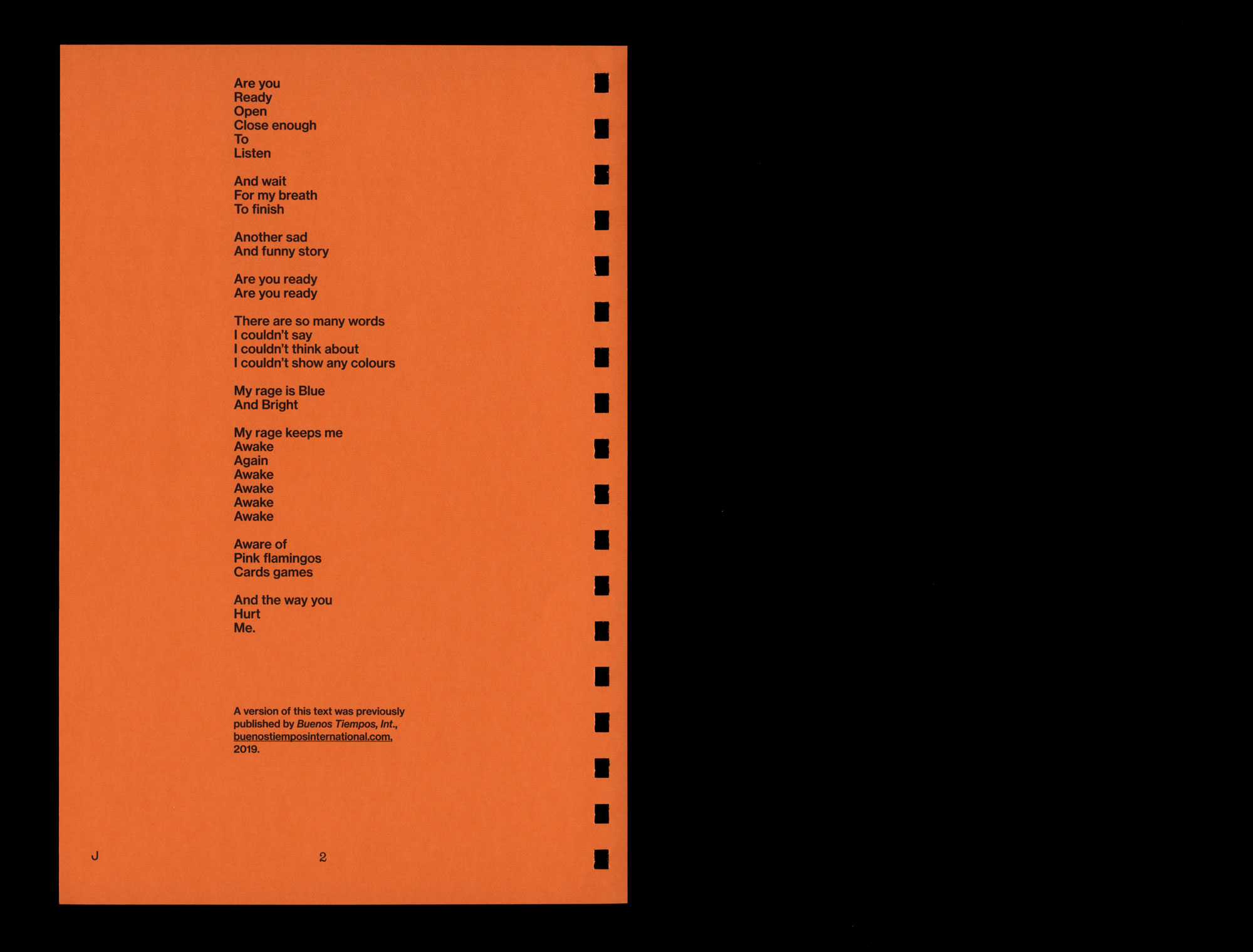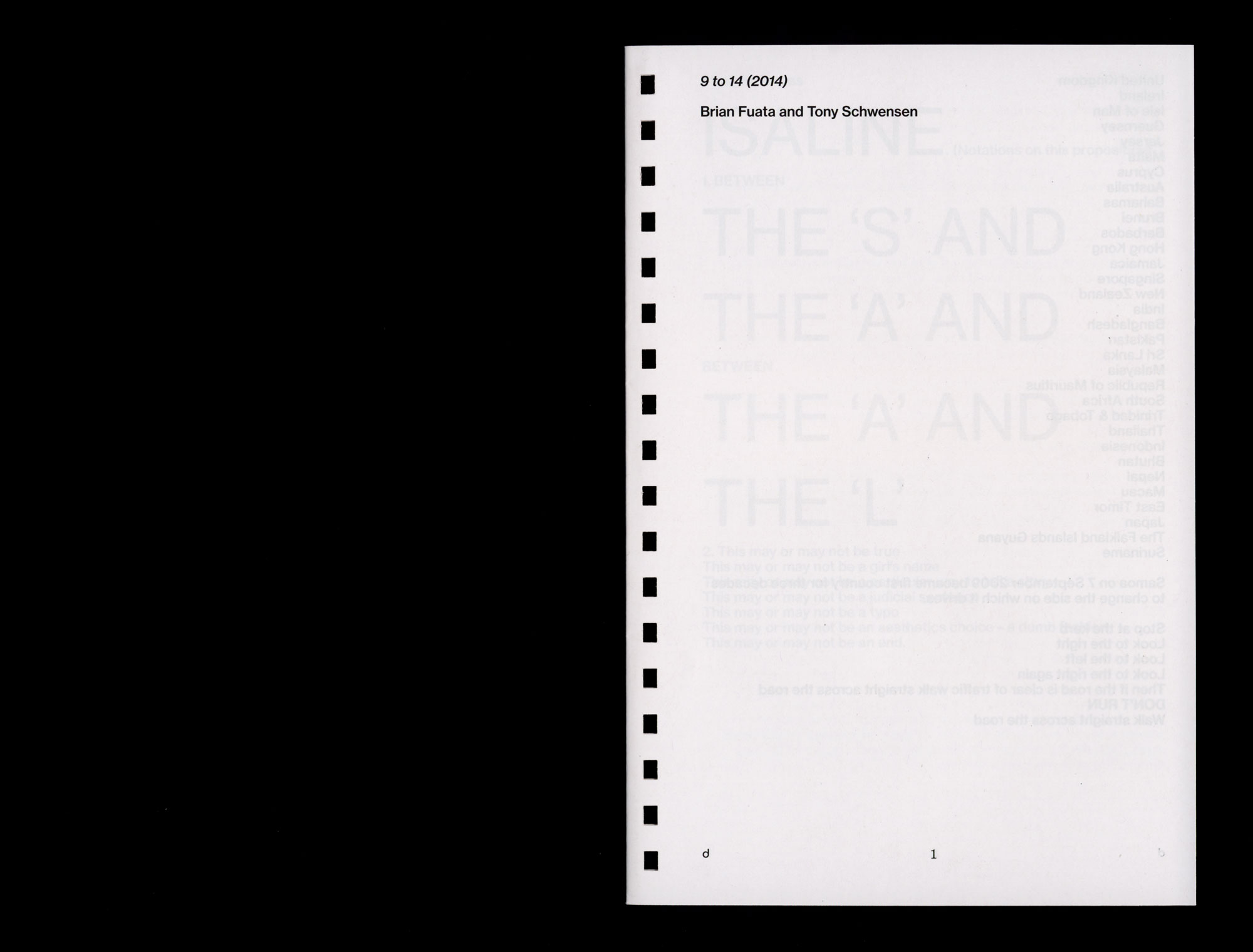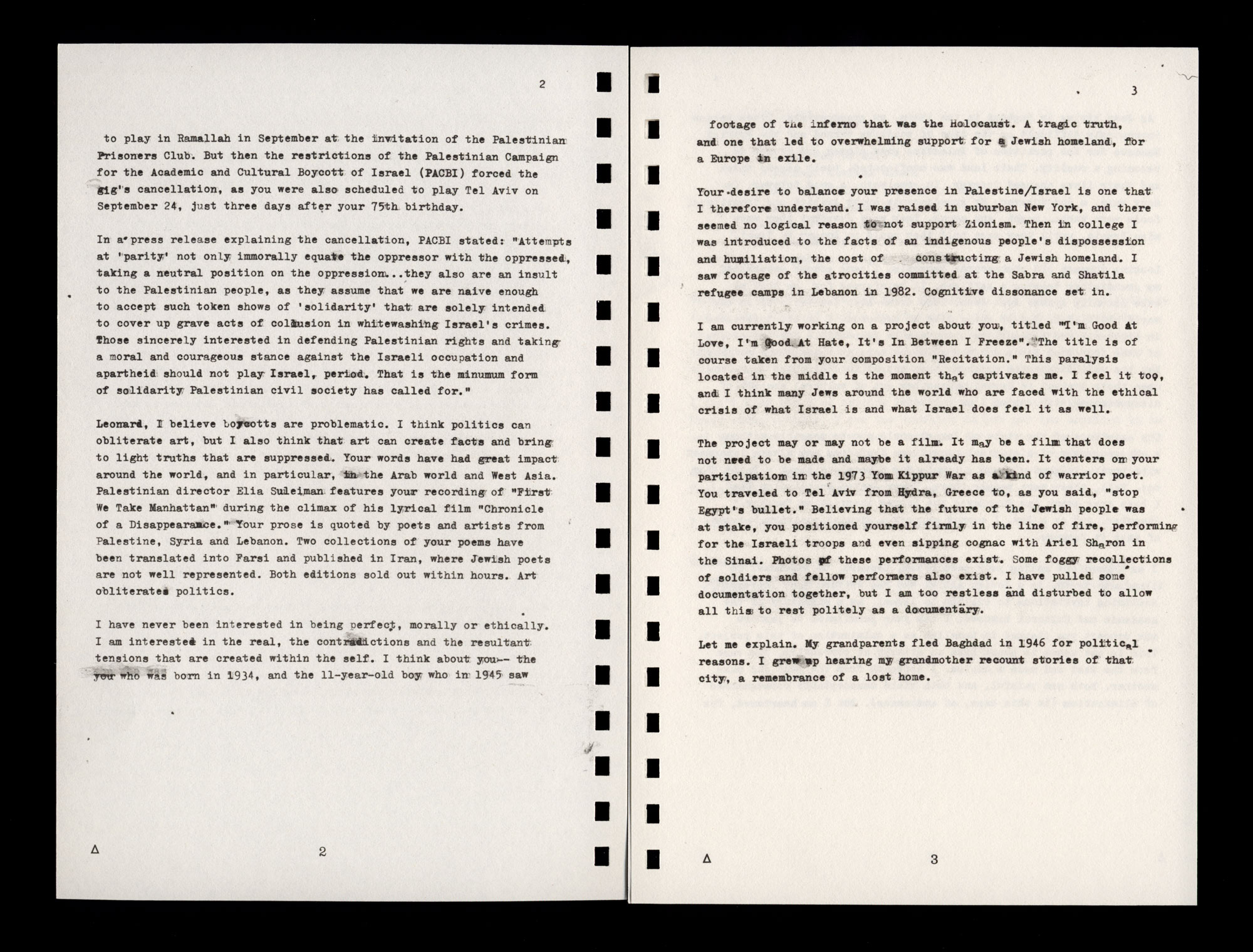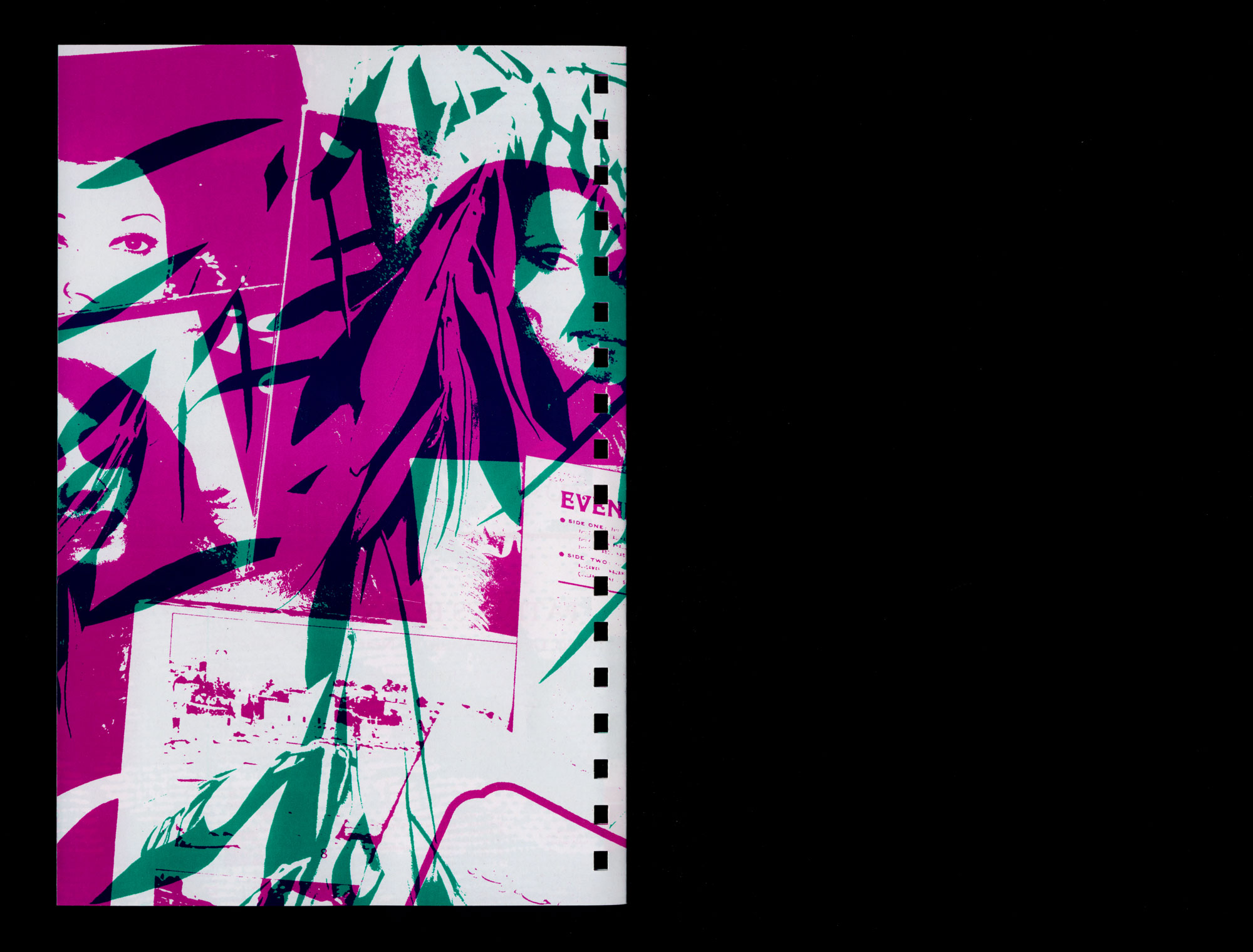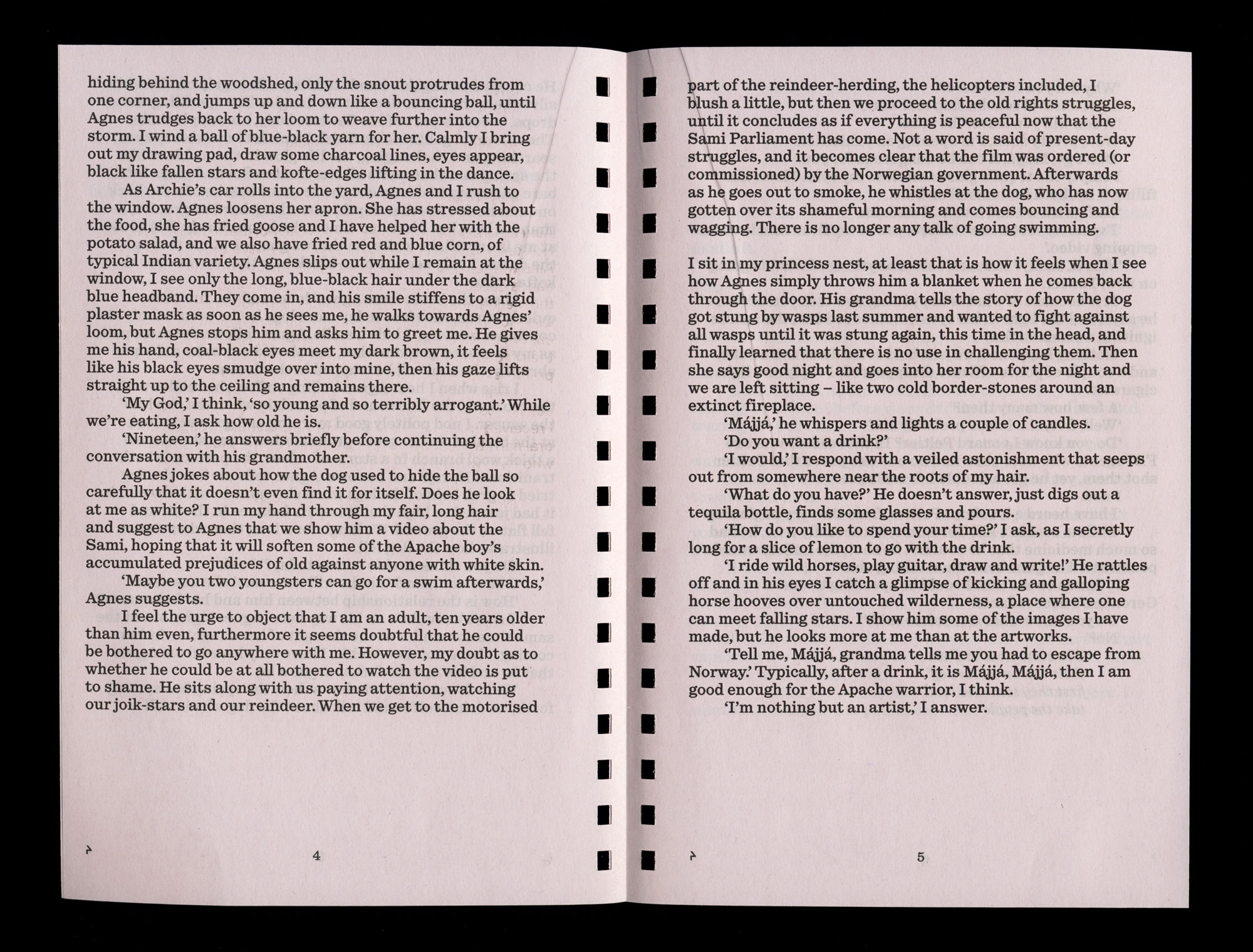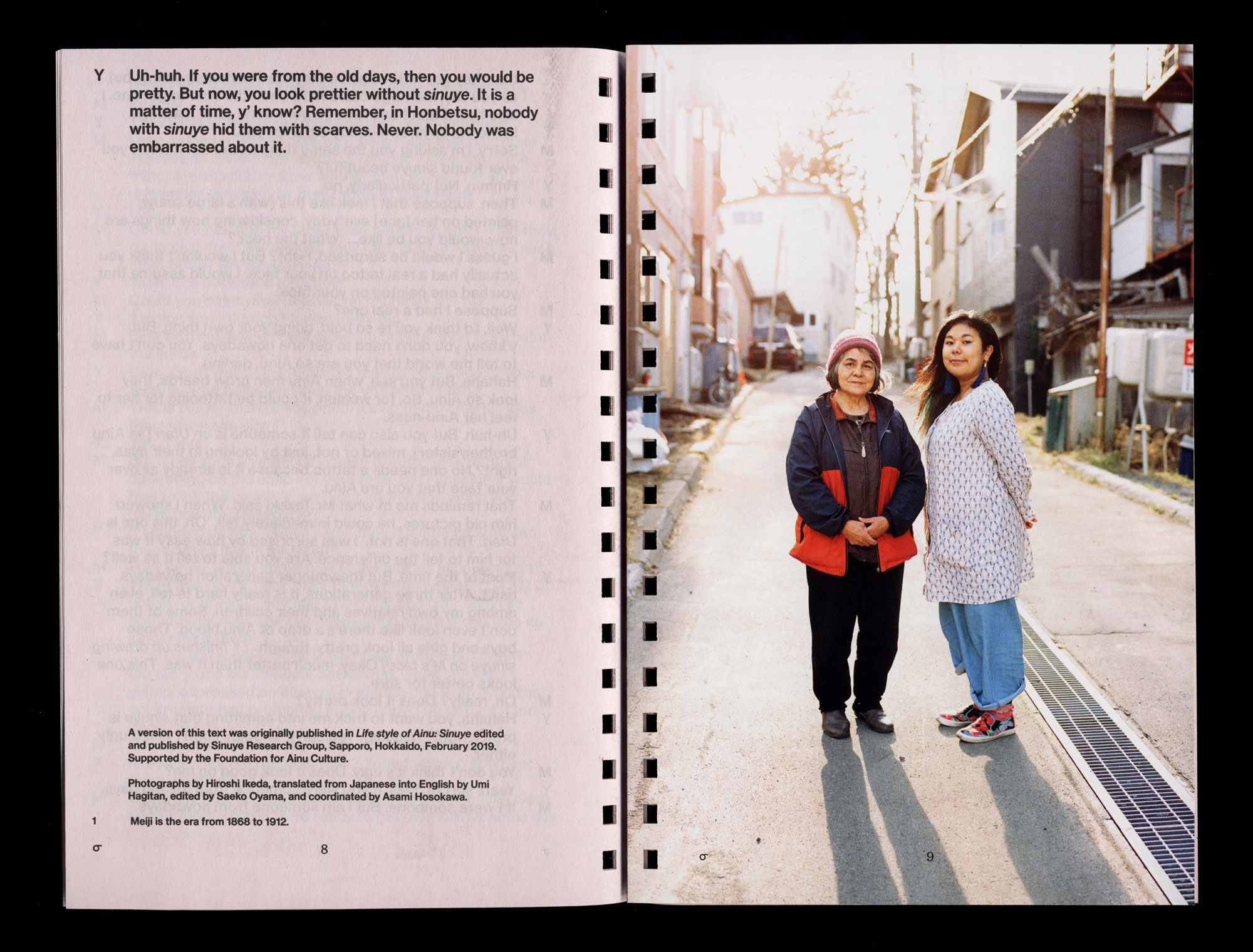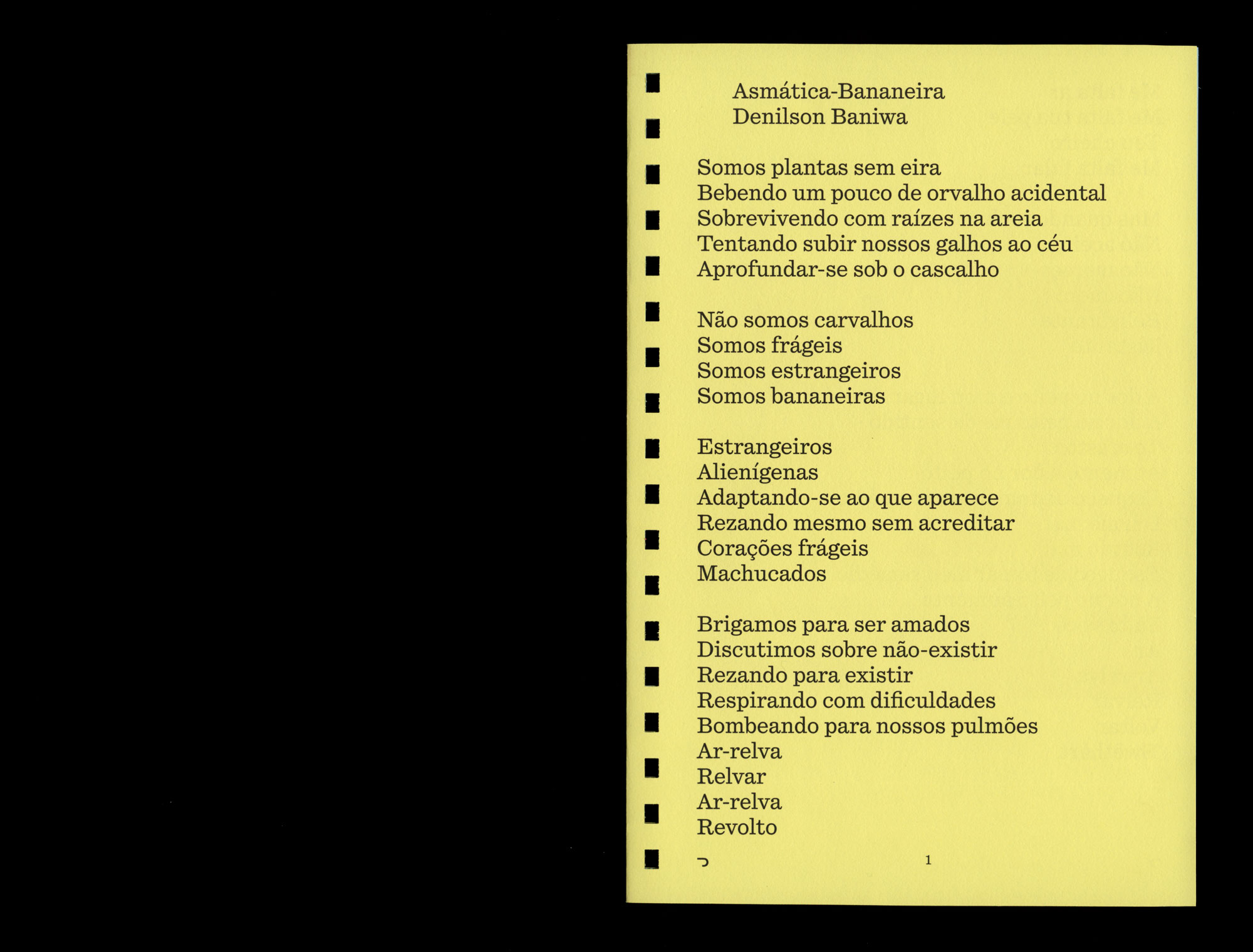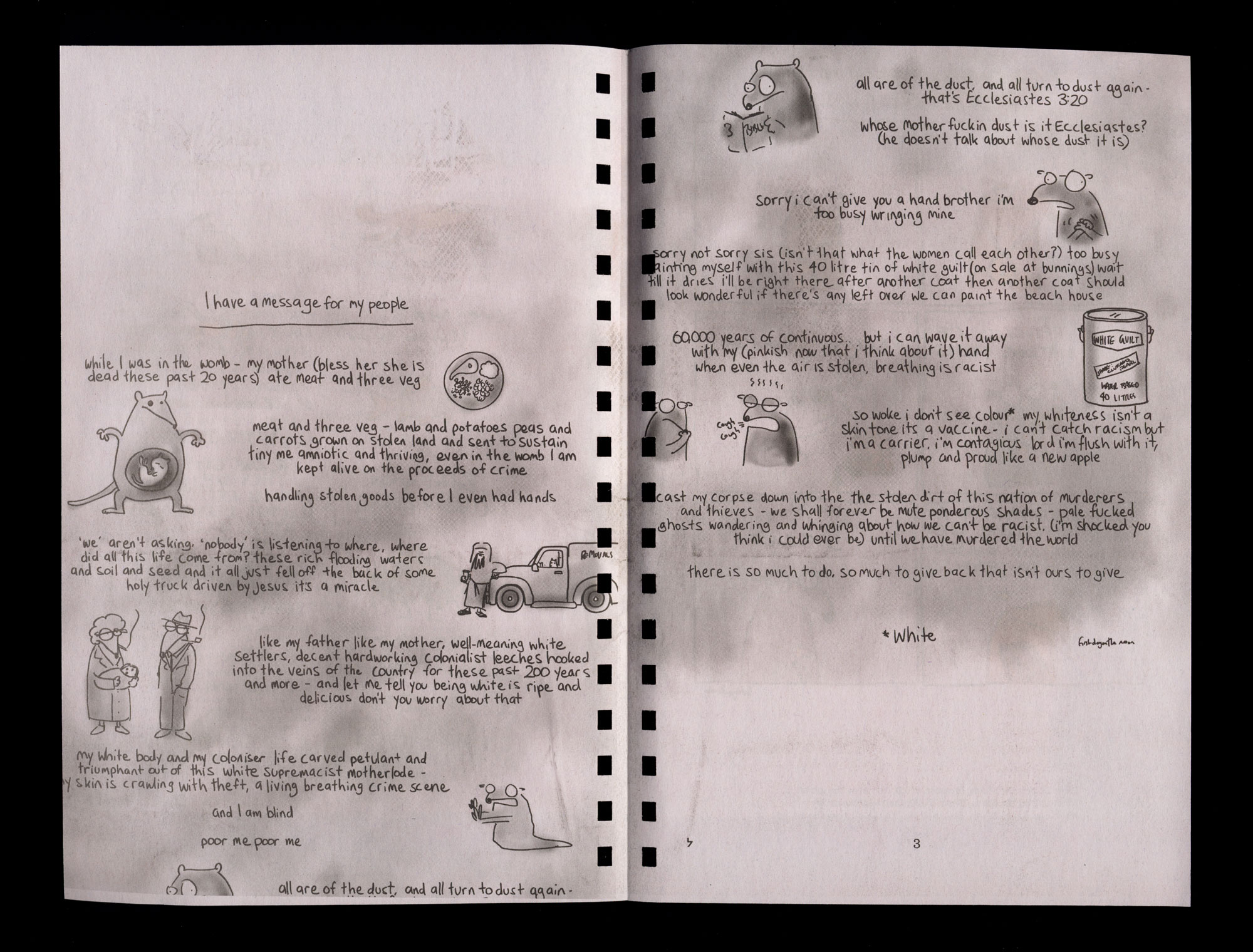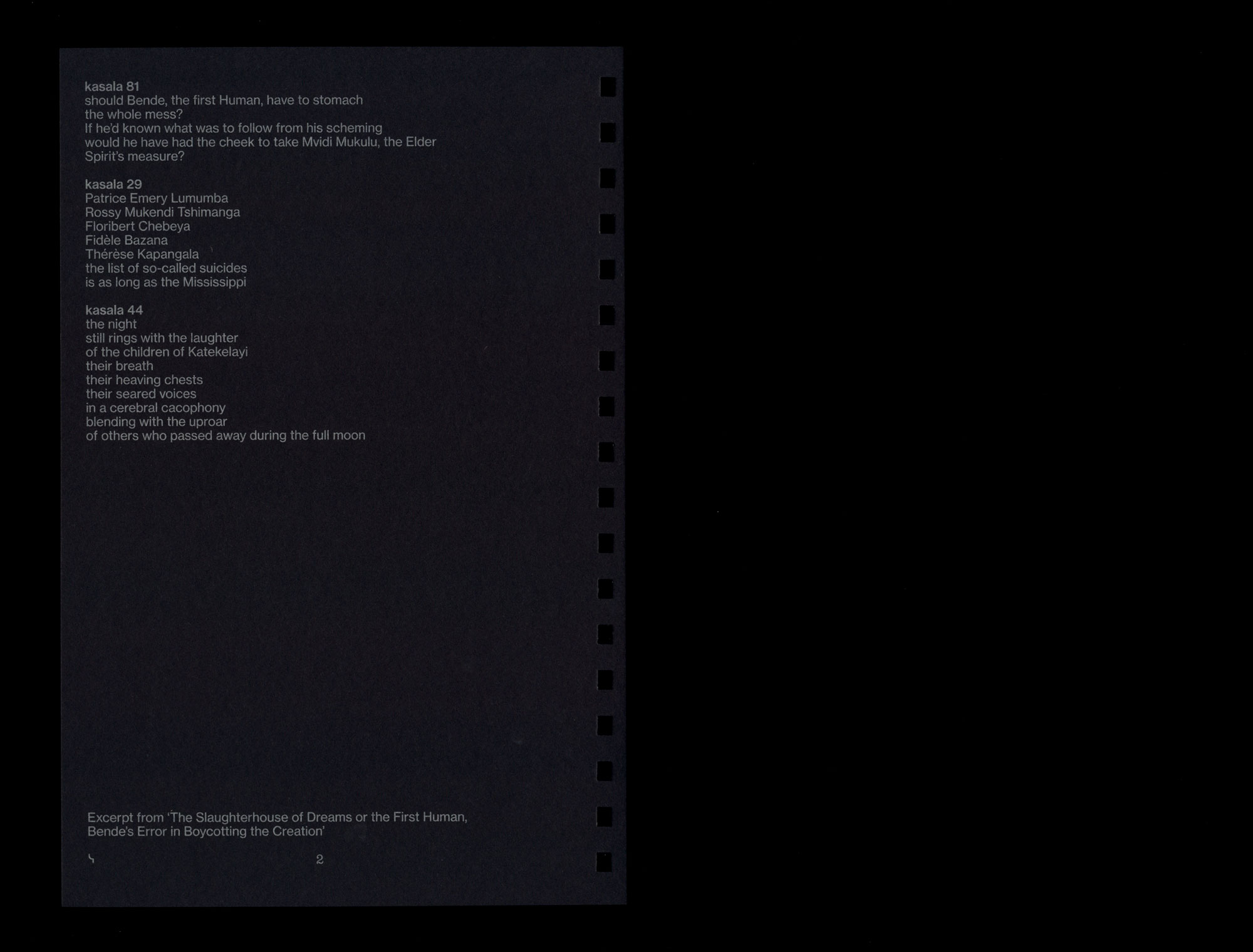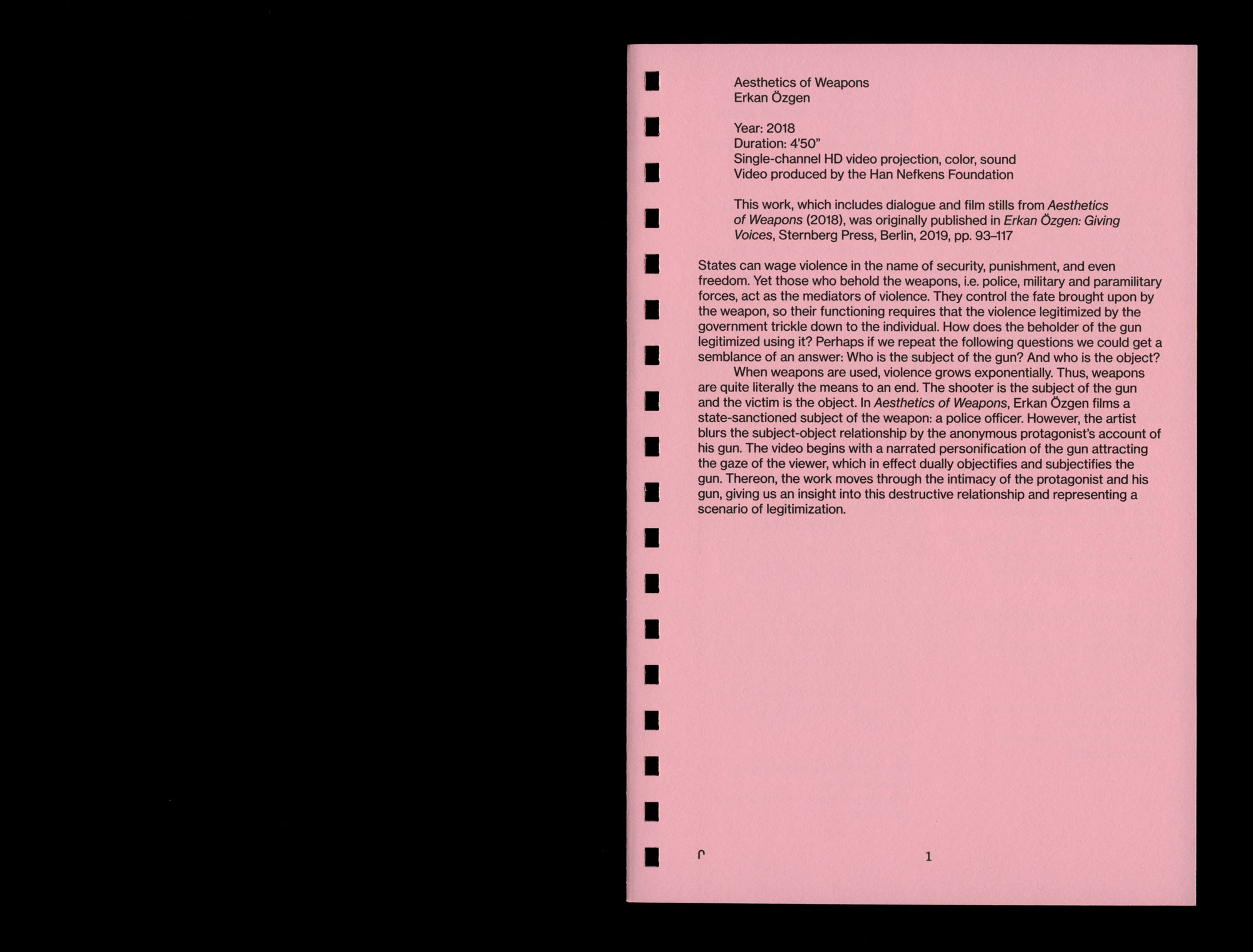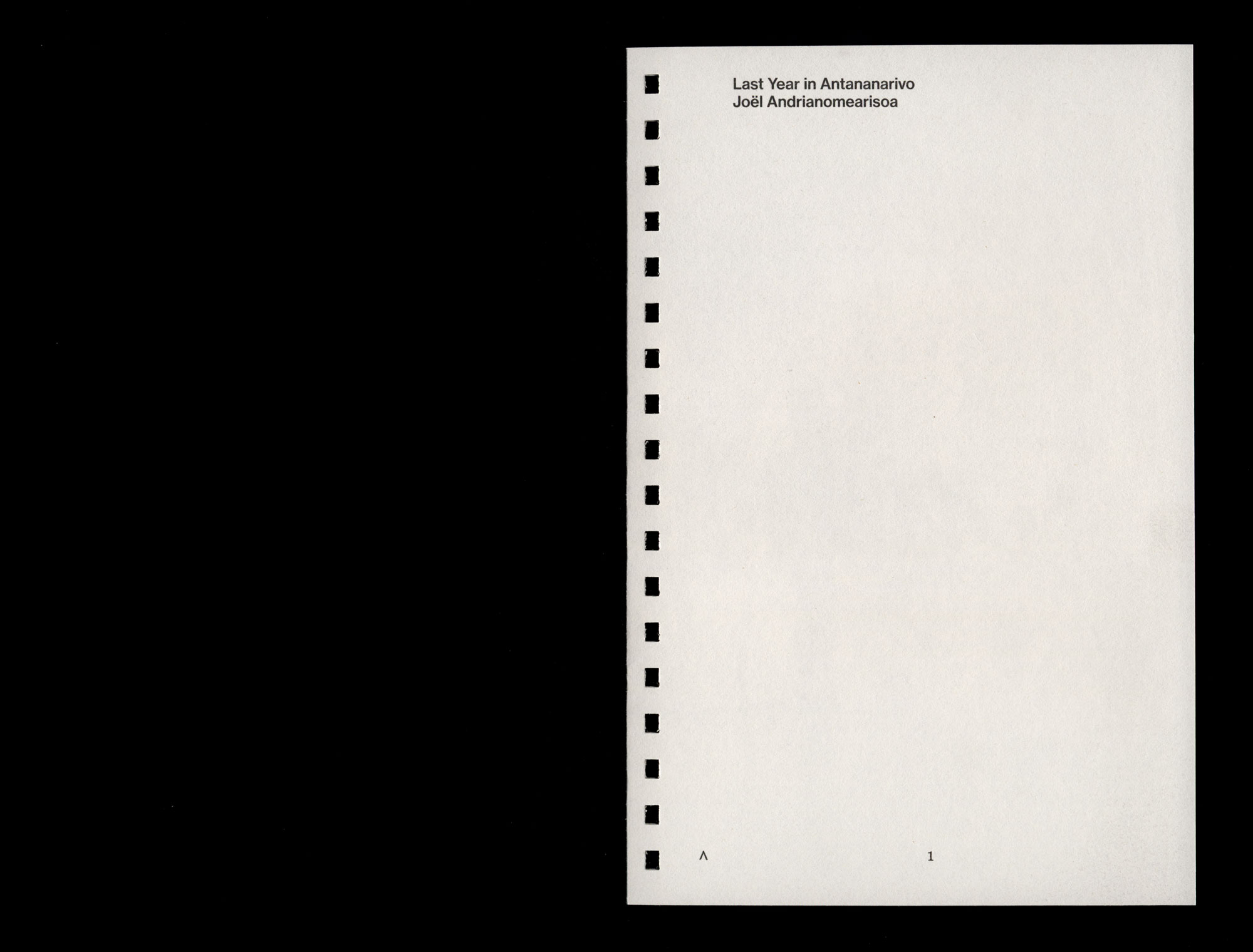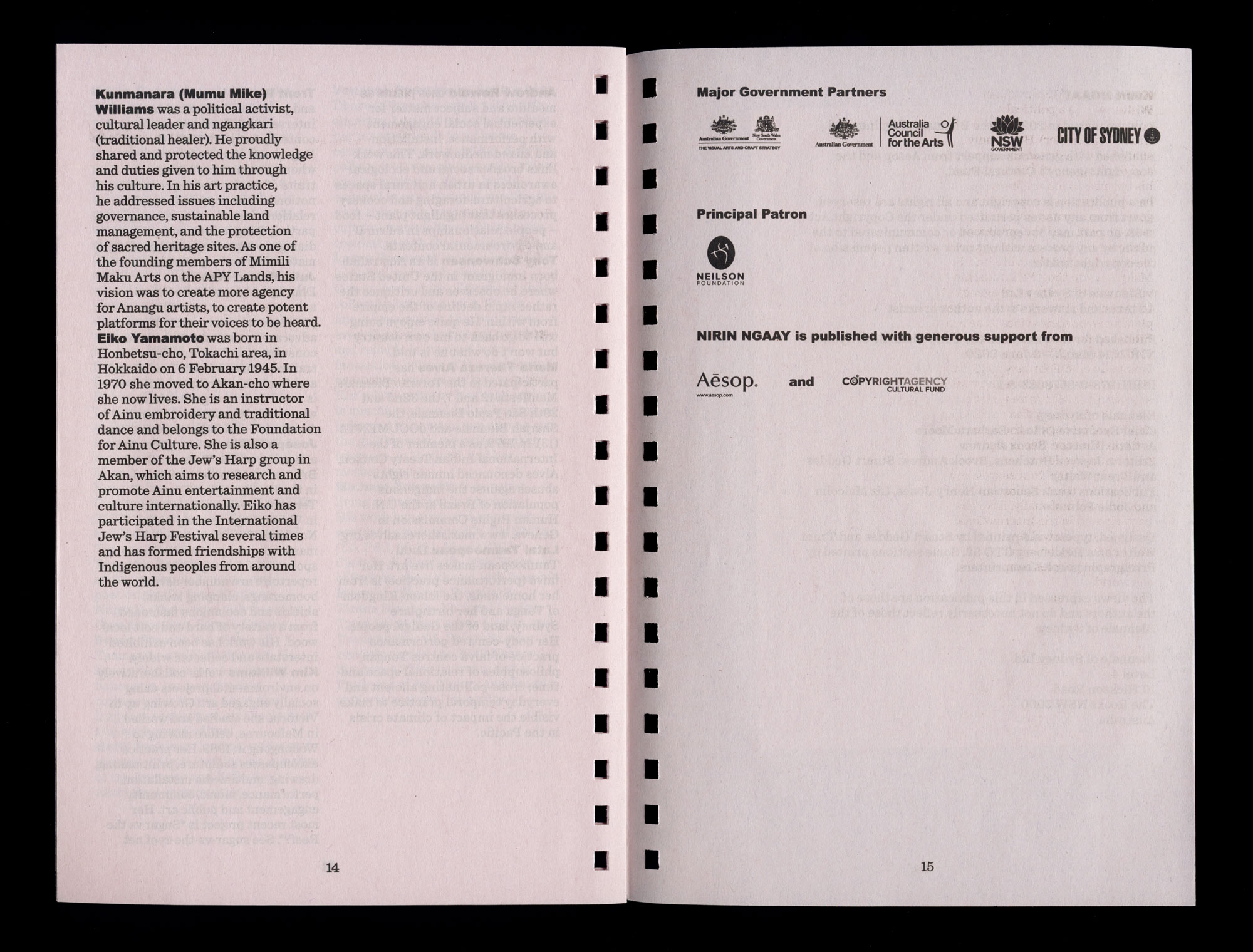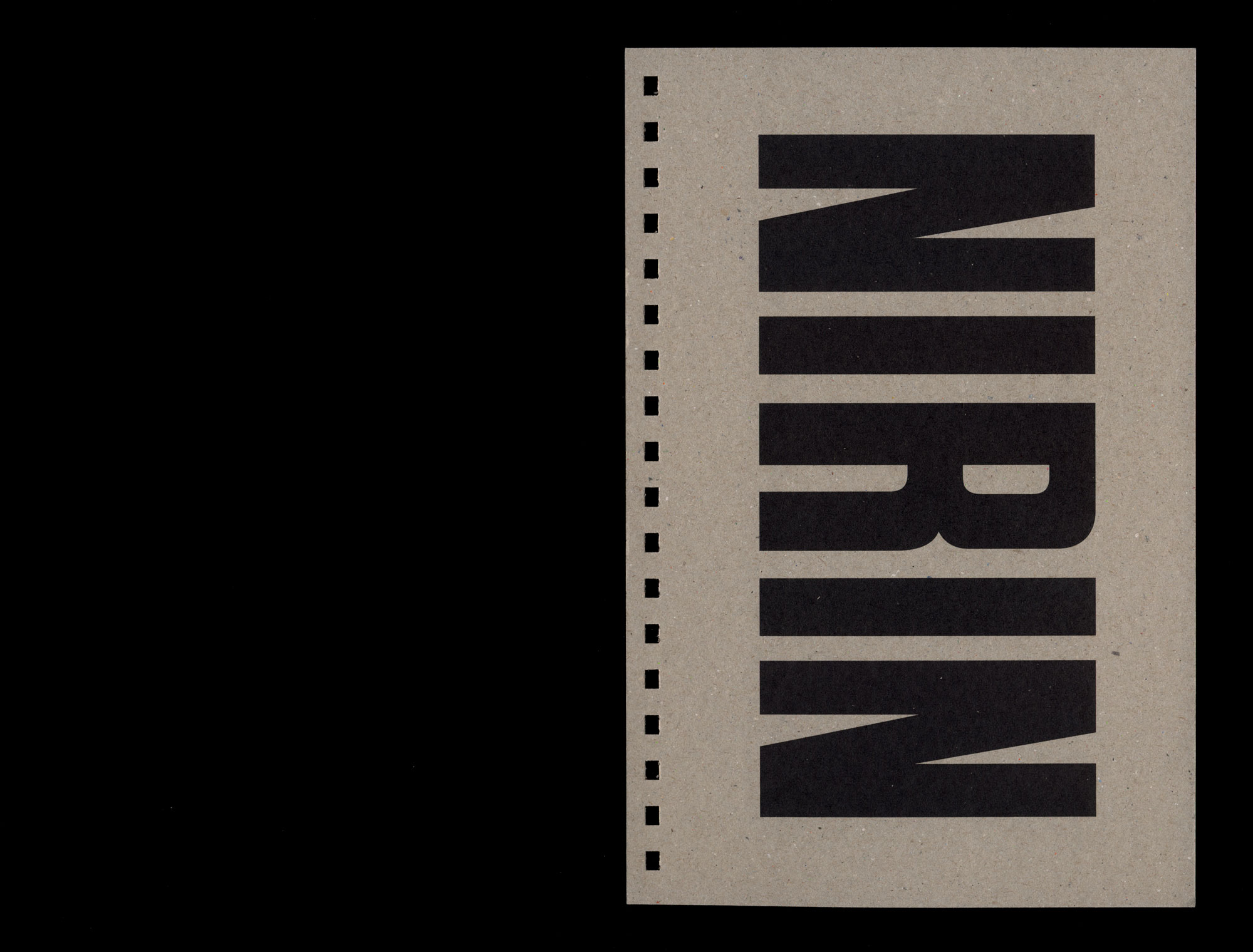For Loretta, For Cindy, by Taqralik Partridge, was written in response to media coverage of the trials of perpetrators of the murders of two indigenous women in Canada.
Untitled, by Taqralik Partridge, is a short piece written in response to a performance by Denilson Baniwa in Toronto, September 2019. The Inuktitut adaptations of Untitled are by Ida Saunders and the Dharug Dalang adaptation of Untitled is by Corina Wayali Norman in consultation with Julie Bukari Webb.
Dear Bureaucreacy, by Corina Wayali Norman in consultation with Julie Bukari Webb, is a response to and continuation of Untitled by Taqralik Partidge. It is presented in English and Dharug Dalang.
For Loretta, For Cindy
don’t read it, if you can help it
don’t read it, because it’s not just another bad article about a bad thing
it’s a true story and it’s a stupid story and you will wish
that you could take it back
make it unhappen
you will wish you could switch the sequence of events and remove the part
where she gets killed
you will wish for a miracle
and not even a miracle but just a small edit in the paragraph that will take away the words
that describe how she died
because it was just a stupid, stupid, stupid way to end her life
and how could anyone go on
after that- in words
or in steps or breaths that are not screams
how can we go on
when our sisters are murdered and their deaths are just murmurs on the news
if we are lucky
if we are lucky there will be an outcry on social media and an article in the paper about the outcry
and if we are lucky they will only go into the details of her life like they have to
and if we are lucky no one will revel in her shortcomings or tsk tsk about her lifestyle
and if we are lucky there will be some time between this death and the next where we can sigh and rail and deal with just the day to day shit that makes native women worth less on insurance claims and, on city streets, and in bedrooms, and hotel rooms, and court rooms, and back alleys, and history books, and grocery stores, and subways, and payrolls, and police stations, and doctor’s offices, and he said she said, and waiting at the teller, and waiting for answers, and waiting for good news, and waiting for any news, and waiting for loved ones, and waiting for justice
justice
and did I tell you about the time the police asked me if I was a hooker because I was crying in the street?
and in that vein
do you remember if they told you in school that the words prostitute and murder cannot exist in the same sentence?
or at least that the sentence will be commuted, or reduced, or overturned
and if we are lucky they won’t get out and reoffend
repeat repeat repeat
reoffend
and if we are lucky, one day, we won’t have to count ourselves lucky
to be counted as human beings
untitled
we saw the multitudes
and believed
there were endless hosts
of creatures for our consumption
the birds took flight like
a shoulder of the land
rising into the air
schools of fish turned in the current
and the whole sun in all its glory
shone in the glint of their scales
we had endless land
bottomless wells
clear sweet air to fill
a million million breaths
and never
never would it run out
and how
how today
is it that we can see the edge of this
and how
how today can we not
atsijaummaituq
takusimavugut amisuutsatillugit
uppirijaqartuviniutsutalu
isuqanngitugiallaujuritsugit
uumajugasarjualimaat aturatsariniartavut
timmiat tingilaujuvut suurlu nunarjuap tuinga
qangattatuq tirtukut
iqalugasarjuagasait sangunniqut inirranirmut
siqiniullu iluunnani qaummasainilimaarmigut
qaumatilaujuvait qillaagiarninginnit kavisilimaangitta
isuqanngitunik nunaqalaujuvugut
nataaqanngitunik sulliviqarsuta
salumajuapimmik mamartuaniapimmik tirtusaqarsuta tataigutitsavunnik
kisitsaungittunik kisigatsaungimmarittunik anirsaariarnivunnik
taimalu nungunniarani
nungulaursimaniaranilu
qanurlu
qanuq ullumi
taimaitsariva takugunnasuta killinganik tamatsuma
qanuq ullumi takugunnangitsugu
ᐊᑦᓯᔭᐅᒻᒣᑐᖅ
ᑕᑯᓯᒪᕗᒍᑦ ᐊᒥᓲᑦᓴᑎᓪᓗᒋᑦ
ᐅᑉᐱᕆᔭᖃᕐᑐᕕᓂᐅᑦᓱᑕᓗ
ᐃᓱᖃᖕᖏᑐᒋᐊᓪᓚᐅᔪᕆᑦᓱᒋᑦ
ᐆᒪᔪᒐᓴᕐᔪᐊᓕᒫᑦ ᐊᑐᕋᑦᓴᕆᓂᐊᕐᑕᕗᑦ
ᑎᒻᒥᐊᑦ ᑎᖏᓚᐅᔪᕗᑦ ᓲᕐᓗ ᓄᓇᕐᔪᐊᑉ ᑐᐃᖓ
ᖃᖓᑦᑕᑐᖅ ᑎᕐᑐᑯᑦ
ᐃᖃᓗᒐᓴᕐᔪᐊᒐᓭᑦ ᓴᖑᓐᓂᖁᑦ ᐃᓂᕐᕋᓂᕐᒧᑦ
ᓯᕿᓂᐅᓪᓗ ᐃᓘᓐᓇᓂ ᖃᐅᒻᒪᓭᓂᓕᒫᕐᒥᒍᑦ
ᖃᐅᒪᑎᓚᐅᔪᕓᑦ ᕿᓪᓛᒋᐊᕐᓂᖏᓐᓂᑦ ᑲᕕᓯᓕᒫᖏᑦᑕ
ᐃᓱᖃᖕᖏᑐᓂᒃ ᓄᓇᖃᓚᐅᔪᕗᒍᑦ
ᓇᑖᖃᖕᖏᑐᓂᒃ ᓱᓪᓕᕕᖃᕐᓱᑕ
ᓴᓗᒪᔪᐊᐱᒻᒥᒃ ᒪᒪᕐᑐᐊᓂᐊᐱᒻᒥᒃ ᑎᕐᑐᓴᖃᕐᓱᑕ ᑕᑌᒍᑎᑦᓴᕗᓐᓂᒃ
ᑭᓯᑦᓴᐅᖏᑦᑐᓂᒃ ᑭᓯᒐᑦᓴᐅᖏᒻᒪᕆᑦᑐᓂᒃ ᐊᓂᕐᓵᕆᐊᕐᓂᕗᓐᓂᒃ
ᑌᒪᓗ ᓄᖑᓐᓂᐊᕋᓂ
ᓄᖑᓚᐅᕐᓯᒪᓂᐊᕋᓂᓗ
ᖃᓄᕐᓗ
ᖃᓄᖅ ᐅᓪᓗᒥ
ᑌᒣᑦᓴᕆᕙ ᑕᑯᒍᓐᓇᓱᑕ ᑭᓪᓕᖓᓂᒃ ᑕᒪᑦᓱᒪ
ᖃᓄᕐᓗ
ᖃᓄᖅ ᐅᓪᓗᒥ ᑕᑯᒍᓐᓇᖏᑦᓱᒍ
marridjulu naadyinyi
yuwindyi
gurragurra mudung gumadawa
wiringra guwulra bada ngalari-ngayi
binyang wumaradja daraguwayang
dhatrung nurawa
burbugali bayadjawa
mguramarri walidya garagulawa
guwing gadalung dyarra murrama
killiwa killidyawi barrangal
gurragurra nurayin ngaliya
buruk badu nurura
yarragul budyari bayadjagu buruk
yirran marridjulu marridjulu ngayana
biyalbuni
biyalbuni barabani
yilany
yilany darrabarra
nanu diyi naanyi garagula diyi
yilany
yilany darrabarra biyal ngyila
Dear Bureaucracy
Corina Wayali Norman
Dear Bureaucracy,
As we grieve with Mother Earth, our country burning
As we rise up for climate change
We ask, why, why, why do you not listen?
You could have prevented this had you trusted our people, our old ways
Not respecting our continual Traditions, Culture, Knowledge
This ring of fire runs wild
Destruction of country, life, in all forms, forever changed, forever gone!
A heartbreaking and senseless loss for your greed and power
Colonialism still controlling our present, our future, our right to care, ‘as’ country
YES, we weep and advocate from the edge
As our Mother burns under your hands in despair
Tell me, whose edge matters?
dunganyi bamul wiyanga, ganayli nuragal nayli- ngaliya
burabugagul bidiluray budyari ngaliya
Baya, minyin, minyin, minyin guribuni ngyini?
ngyini miwana yiyaridya diyi wari wari ngyini yuwing yura, gunyalungalung nayli-ngaliya
biyal gulbanga mudung Yalabi Dayalung, Gunyalungalung, Wingara nayli- ngaliya
dilbanyi guwing wumara wiri diyi
daydyaywa nuragu, mudung, daraguwayang, walamabuni daraguwayangbuni, walamabuni baluwibuni!
butbut gudbali bininggaray wari buyi djirra bulbuwulbuni ngyini-ngayi
wadyiman darimi mawa guwugu, ngabay, wagal budyari nuragal ngalari-ngayi
YUWIN, dunga bayamanyi garagulayin ngaliya
Bamul Biyanga ganara damaragadi dyarrba badja nayli-ngaliya
guwanyi dana, wawu garagulawa burudi?
